
Description (podcaster-provided):
Coffee table conversations with people thinking about foundational issues. Multiverses explores the limits of knowledge and technology. Does quantum mechanics tell us that our world is one of many? Will AI make us intellectually lazy, or expand our cognitive range? Is time a thing in itself or a measure of change? Join James Robinson as he tries to find out.
Themes and summary (AI-generated based on podcaster-provided show and episode descriptions):
➤ philosophy of science foundations • quantum mechanics interpretations, modality • consciousness, animal minds, cognition • AI capabilities, ethics, risk, LLMs • mathematics, infinity, computation limits • language evolution, meaning • climate/energy technologies, astrobiology, scaling laws
This podcast is a long-form conversation series about foundational questions at the intersection of science, mathematics, philosophy, and emerging technology. Across the episodes, the host speaks with researchers and thinkers about how we build knowledge, where explanation bottoms out, and what counts as understanding in domains ranging from physics to ethics.
A recurring theme is the relationship between formal theories and reality: debates about scientific realism versus instrumentalism, the interpretation of quantum mechanics (including many-worlds and alternative views), and puzzles about time, causation, infinity, and possibility. The show also returns often to mathematics as both a tool and a subject in its own right, including discussions of what mathematics is, why it continues to develop, and how humans reason about the infinite.
Another strand focuses on minds and cognition—human, animal, and artificial. Conversations examine theories of consciousness, whether computation can capture experience, how thought relates to language, and what neuroscience suggests about spontaneous thought and attention. In parallel, several episodes treat AI as a social and philosophical problem as well as a technical one, addressing topics like fairness, responsibility, safety, the effects of large language models on learning and knowledge-sharing, and potential future trajectories for intelligent systems.
The podcast also explores how scientific inquiry operates in practice, including the historical and cultural shaping of “discoveries,” reductionism across sciences, and methods for investigating complex phenomena such as life’s origins, astrobiological detection, genomics and race, climate targets like net zero, and energy-related geochemistry. Occasional episodes broaden the lens to language evolution, music cognition, cities and scaling laws, and exchanges between science and the arts.
|
Episodes:
|
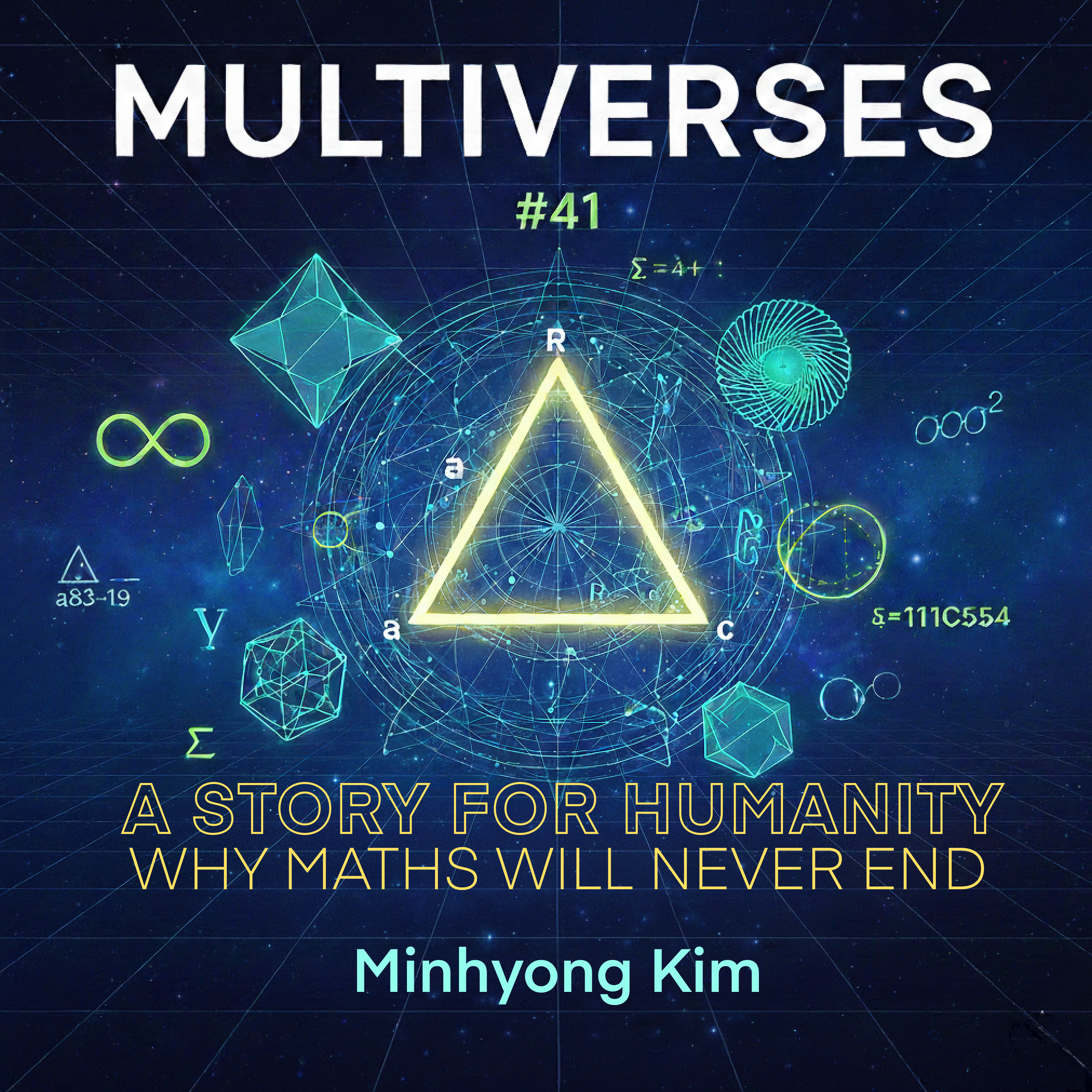 A Story For Humanity — Minhyong Kim on Why Maths Will Never End
A Story For Humanity — Minhyong Kim on Why Maths Will Never End
2026-Feb-09
72 minutes
|
 Molecules & Mirrors —Vanessa Seifert on the Philosophy of Chemistry
Molecules & Mirrors —Vanessa Seifert on the Philosophy of Chemistry
2025-Dec-05
69 minutes
|
 Consciousness is not Computation — Christof Koch
Consciousness is not Computation — Christof Koch
2025-May-02
62 minutes
|
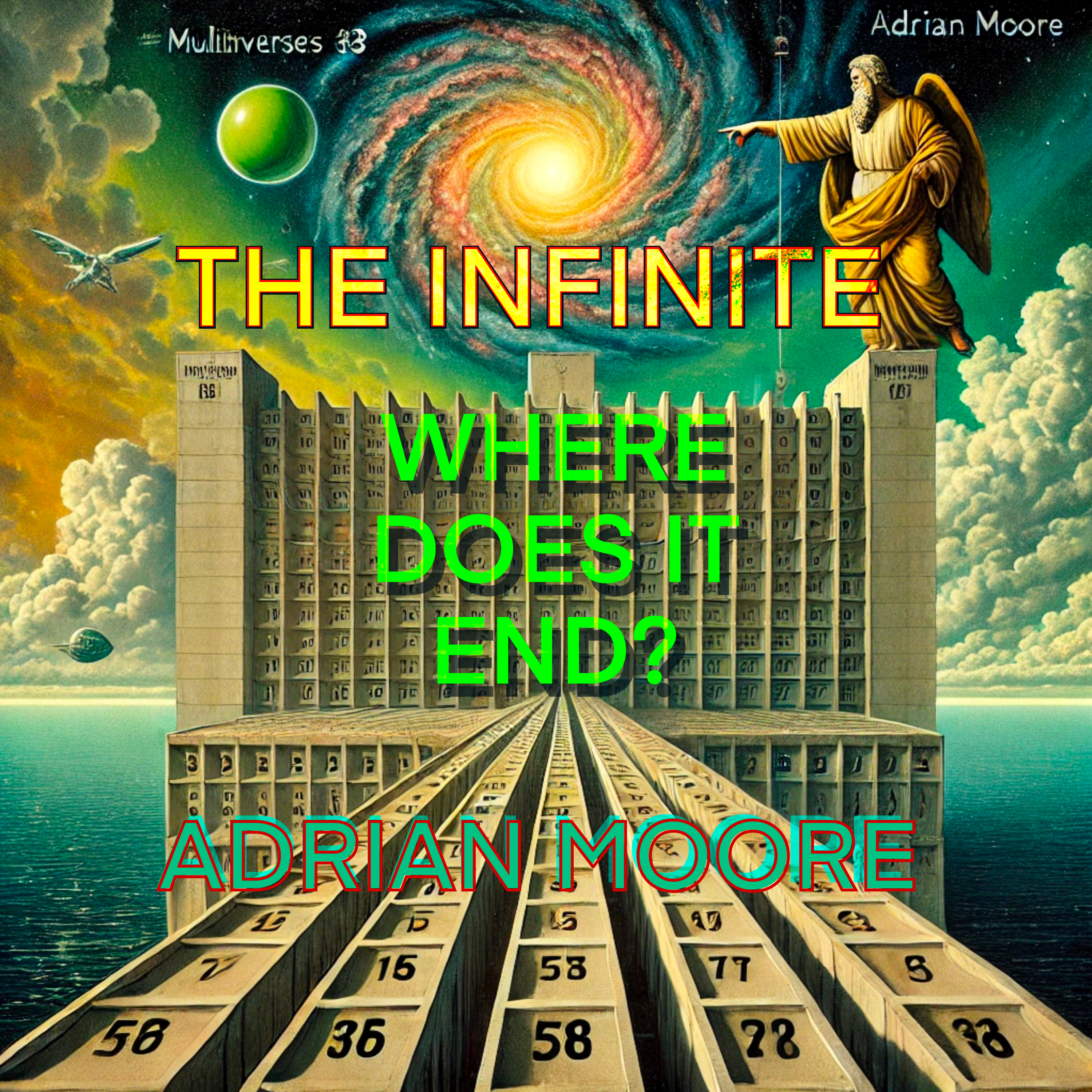 Where Does It End? — Adrian Moore on The Infinite
Where Does It End? — Adrian Moore on The Infinite
2025-Mar-14
76 minutes
|
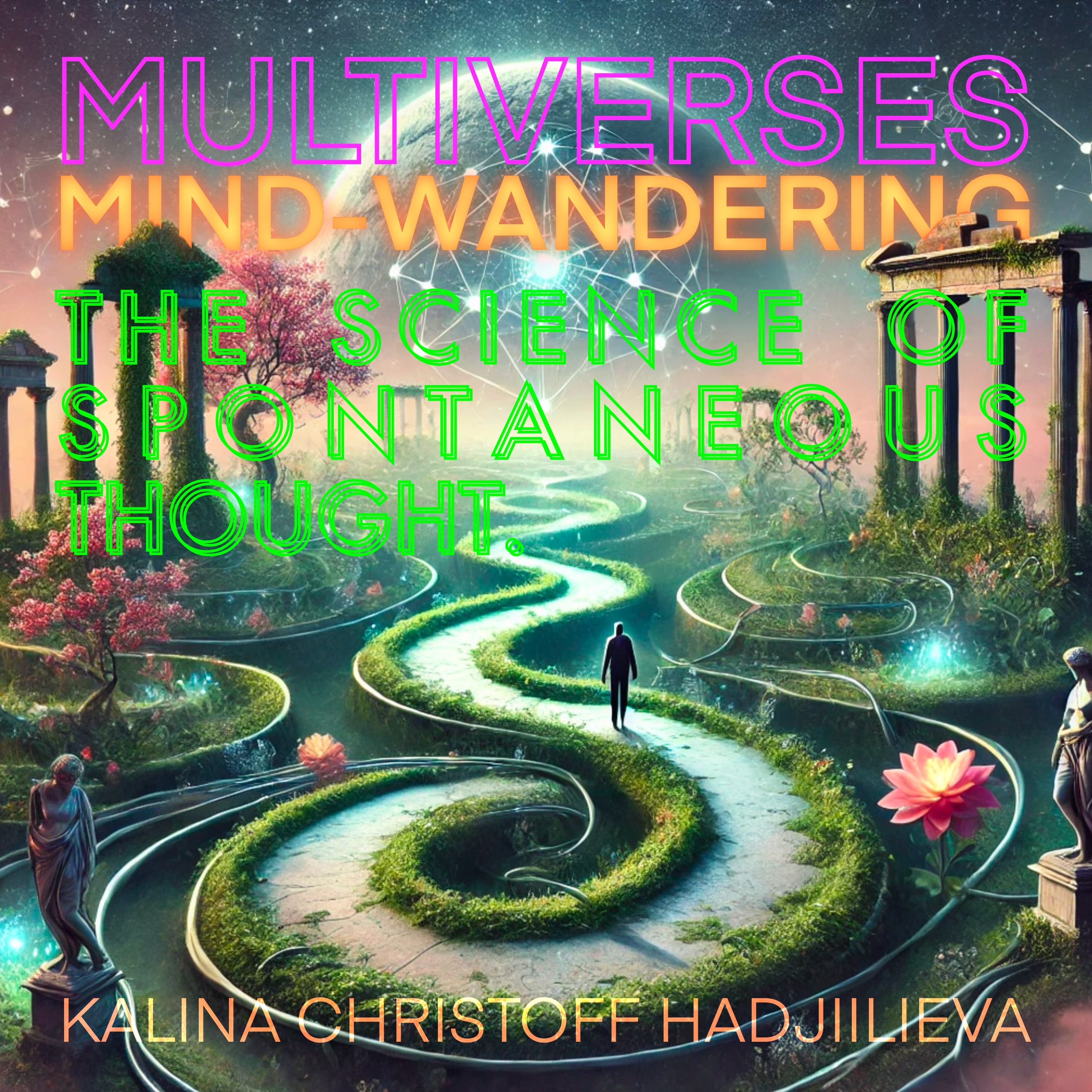 37| Mind-Wandering — Kalina Christoff Hadjiilieva on the Science of Spontaneous Thought
37| Mind-Wandering — Kalina Christoff Hadjiilieva on the Science of Spontaneous Thought
2025-Jan-31
98 minutes
|
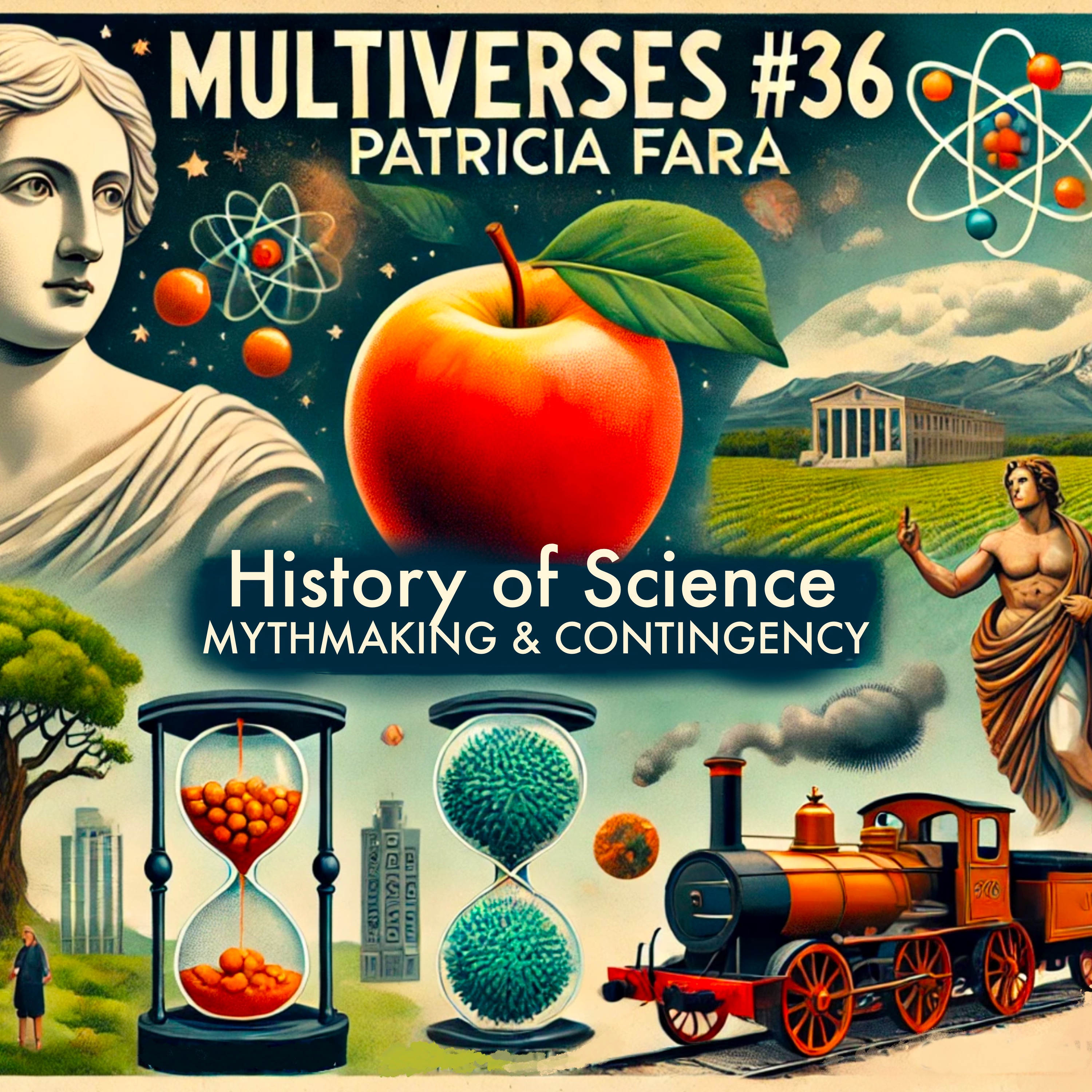 36| History of Science: Mythmaking & Contingency — Patricia Fara
36| History of Science: Mythmaking & Contingency — Patricia Fara
2024-Dec-23
89 minutes
|
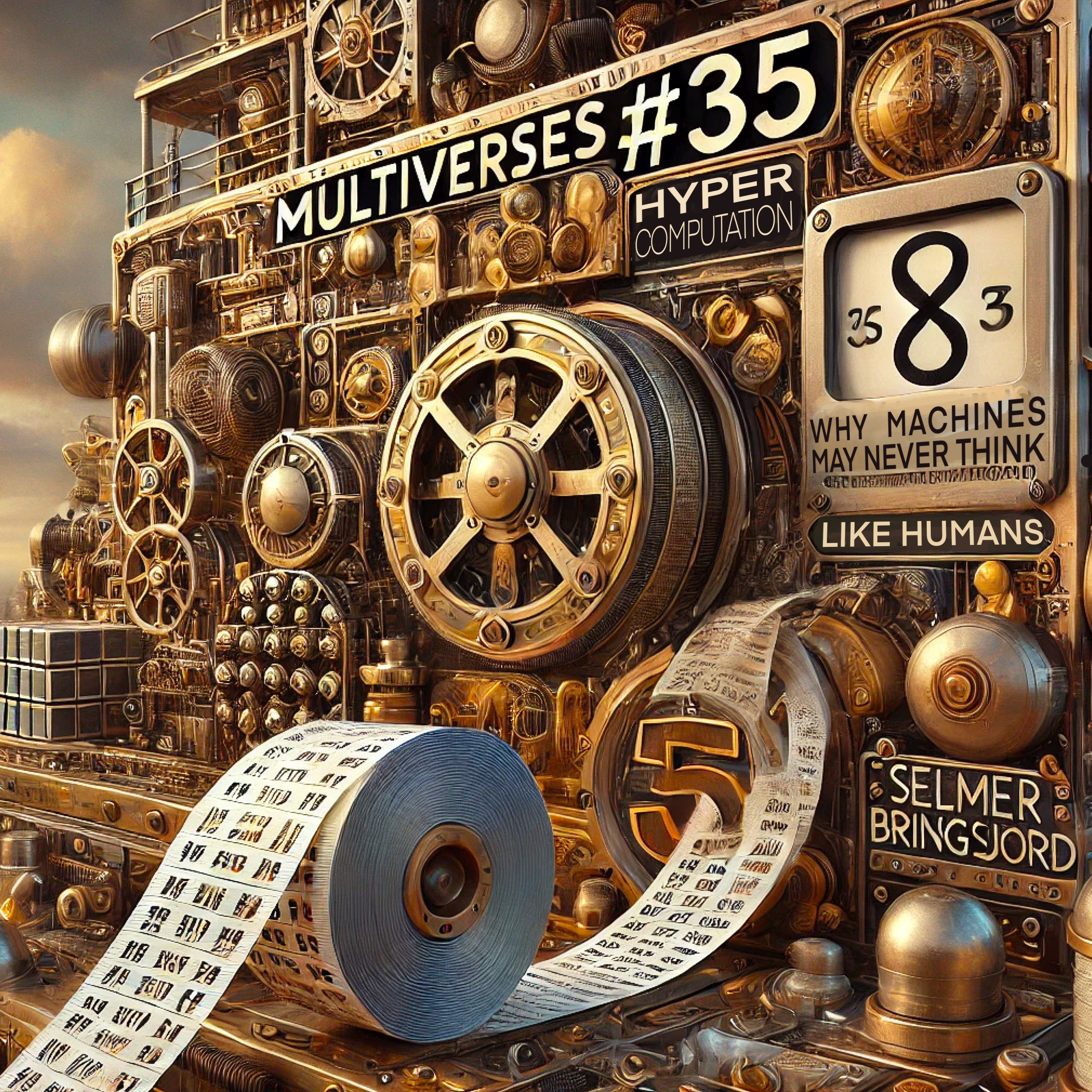 35| Hypercomputation: Why Machines May never Think Like Humans — Selmer Bringsjord
35| Hypercomputation: Why Machines May never Think Like Humans — Selmer Bringsjord
2024-Nov-08
99 minutes
|
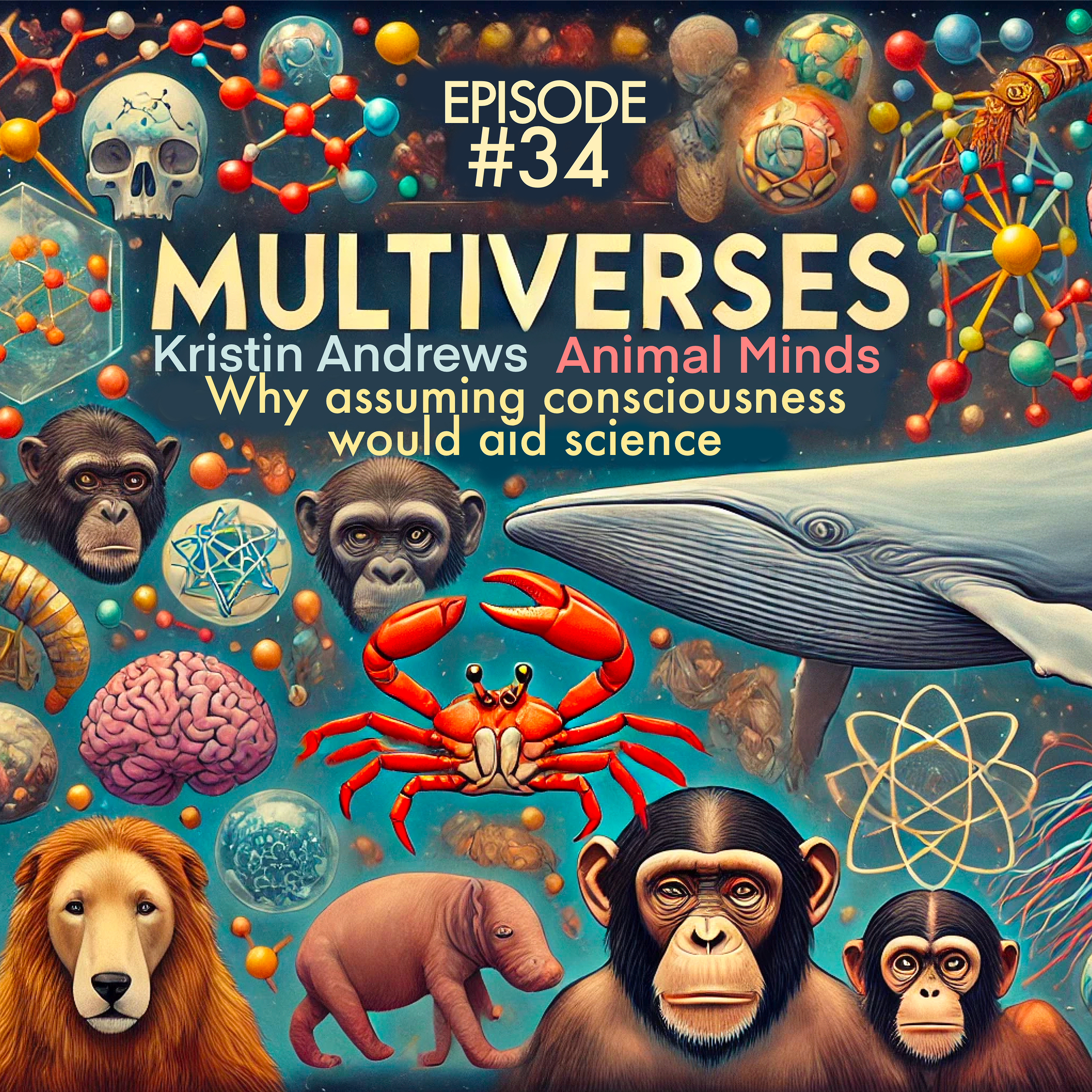 34| Animal Minds — Kristin Andrews on why assuming consciousness would aid science
34| Animal Minds — Kristin Andrews on why assuming consciousness would aid science
2024-Aug-27
74 minutes
|
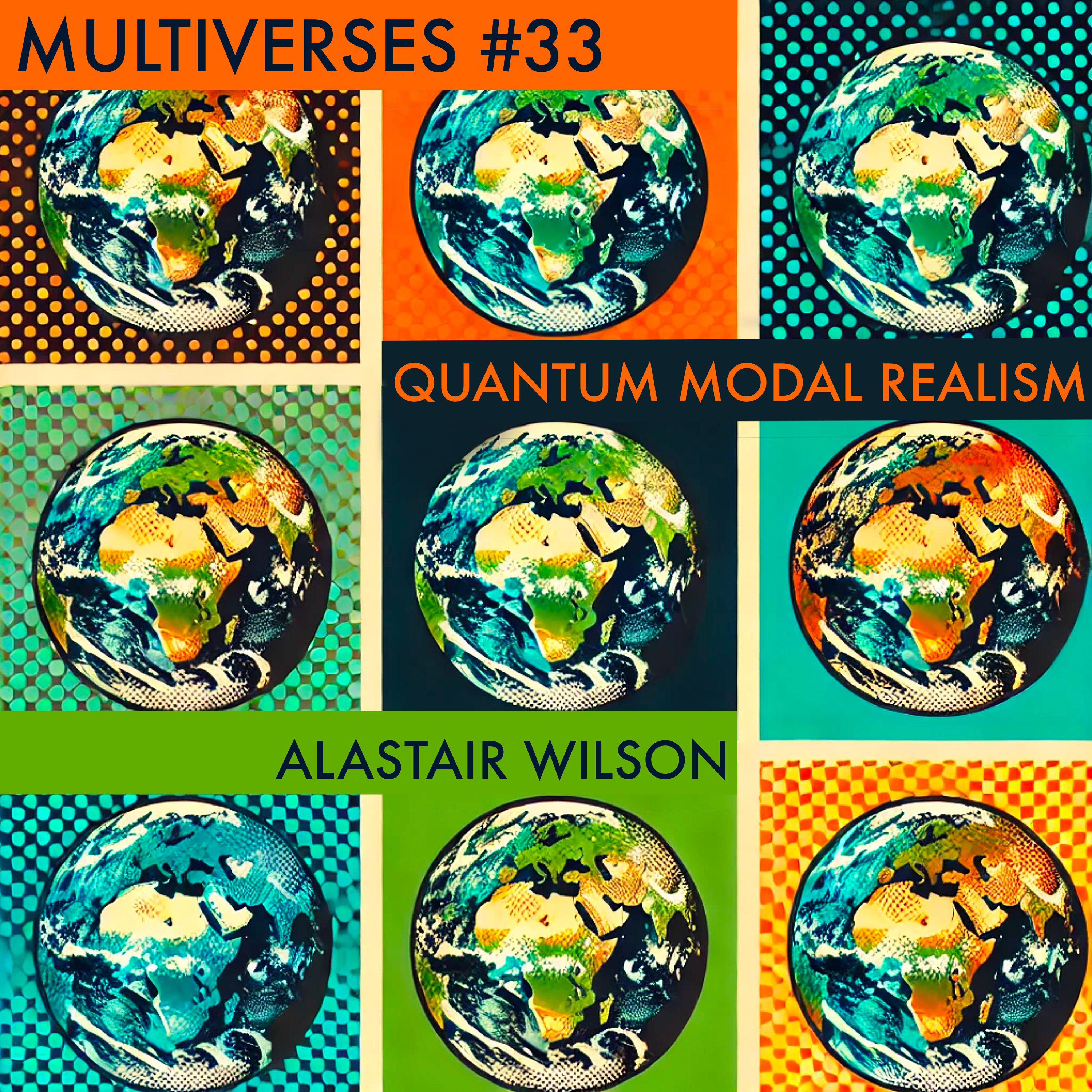 33| Taking Chance Seriously — Alastair Wilson on Quantum Modal Realism
33| Taking Chance Seriously — Alastair Wilson on Quantum Modal Realism
2024-Jul-19
85 minutes
|
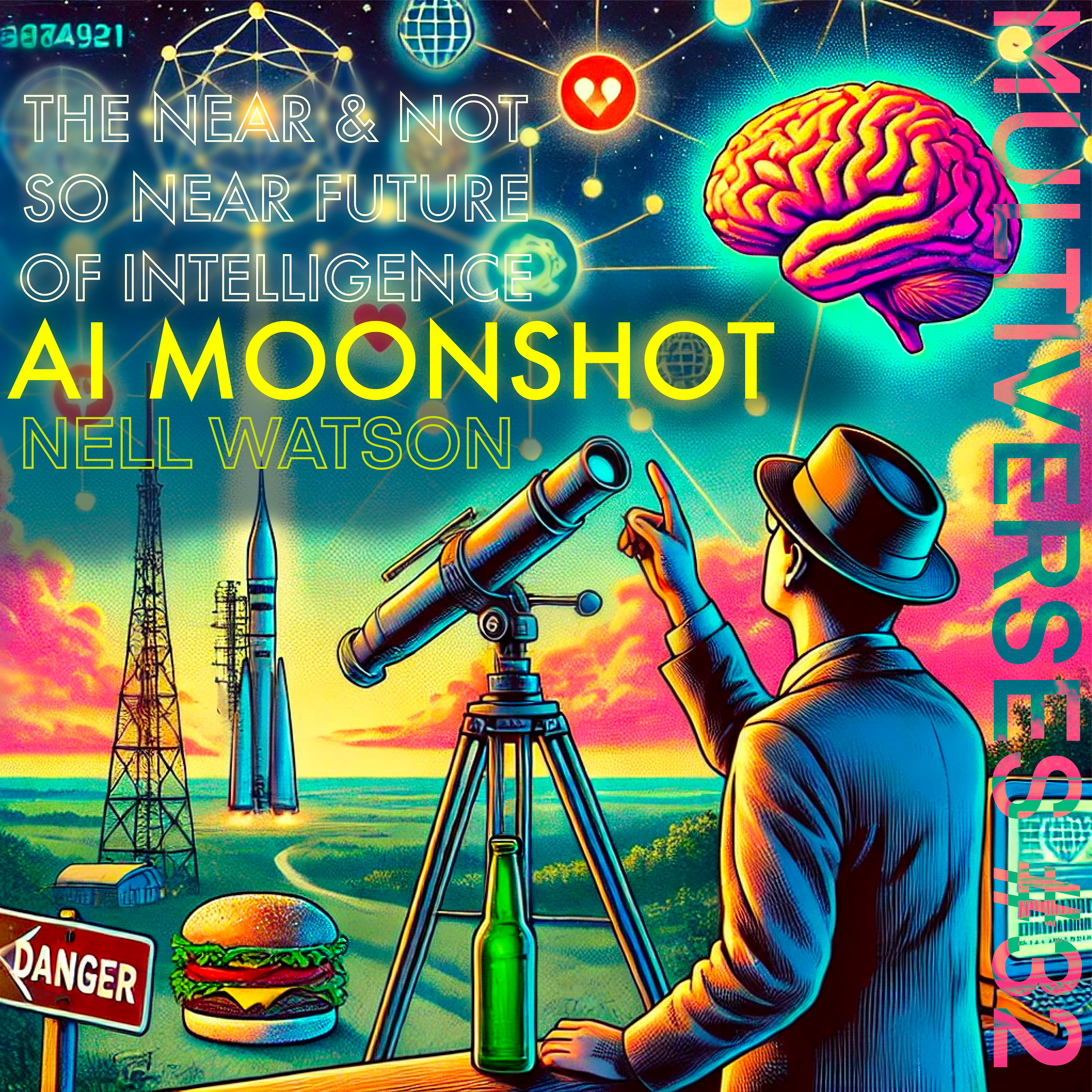 AI Moonshot — Nell Watson on the Near & Not So Near Future of Intelligence
AI Moonshot — Nell Watson on the Near & Not So Near Future of Intelligence
2024-Jun-21
71 minutes
|
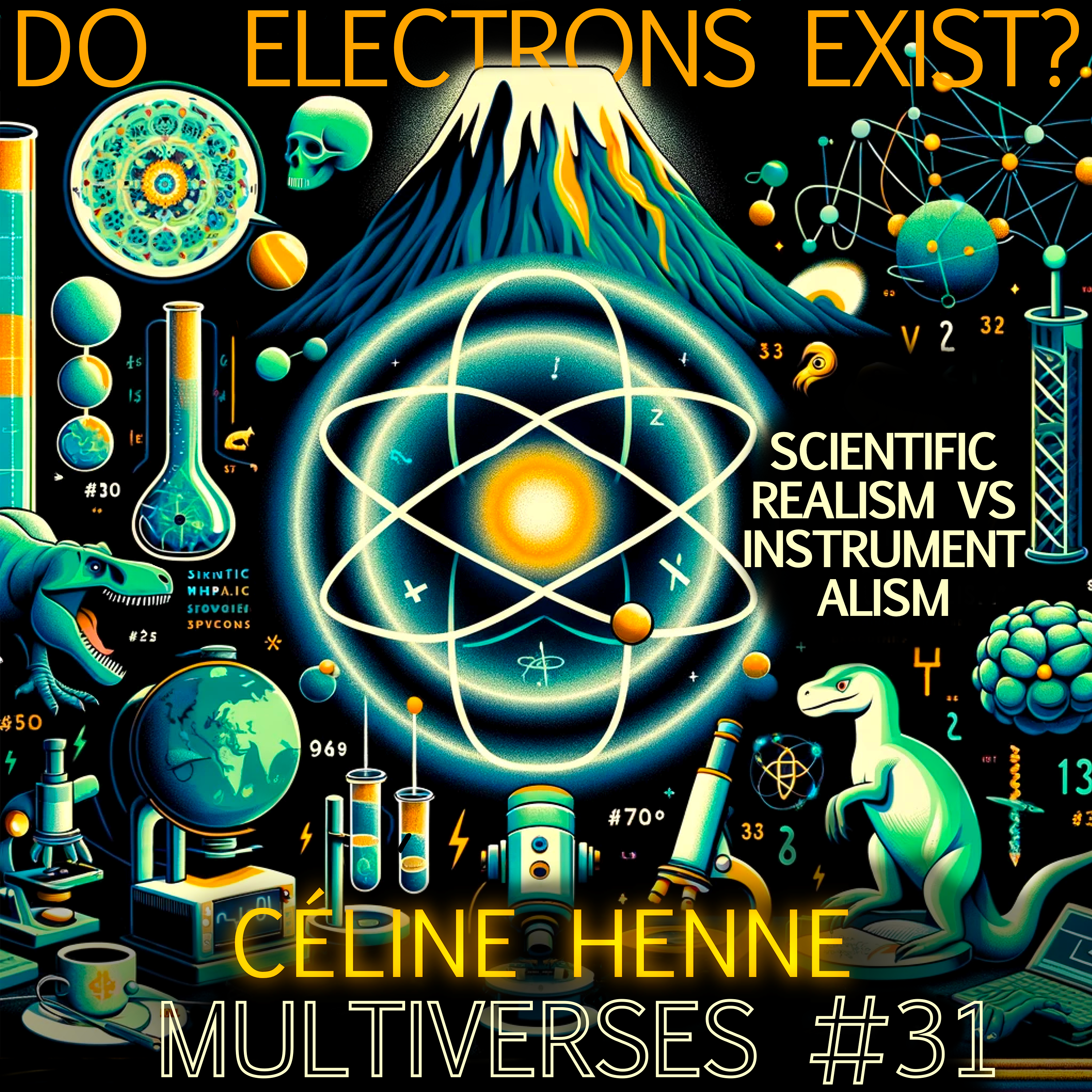 Do Electrons Exist? — Céline Henne: Physicist's Views on Scientific Realism & Instrumentalism
Do Electrons Exist? — Céline Henne: Physicist's Views on Scientific Realism & Instrumentalism
2024-Jun-04
98 minutes
|
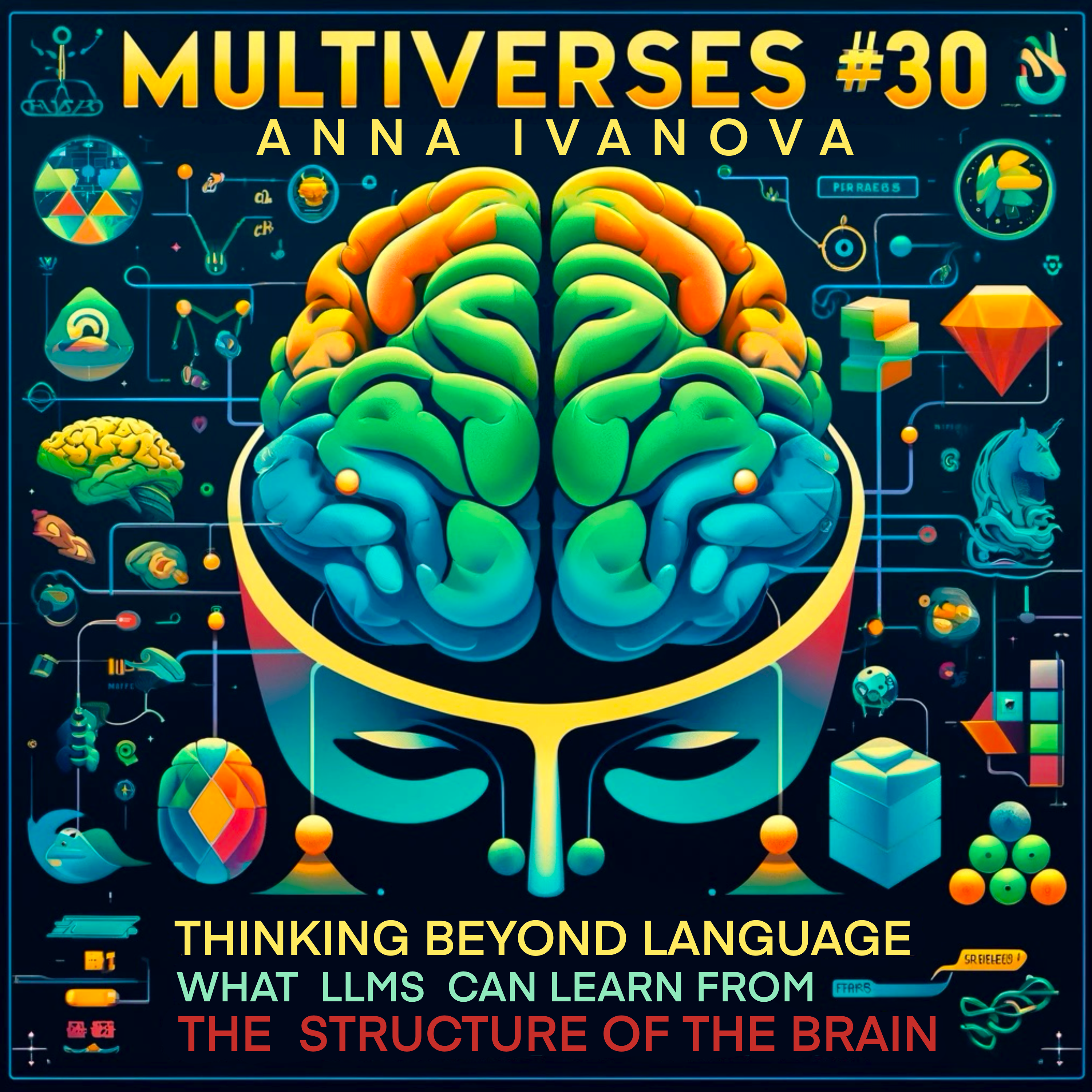 30| Thinking Beyond Language — Anna Ivanova on what LLMs can learn from the brain
30| Thinking Beyond Language — Anna Ivanova on what LLMs can learn from the brain
2024-May-15
99 minutes
|
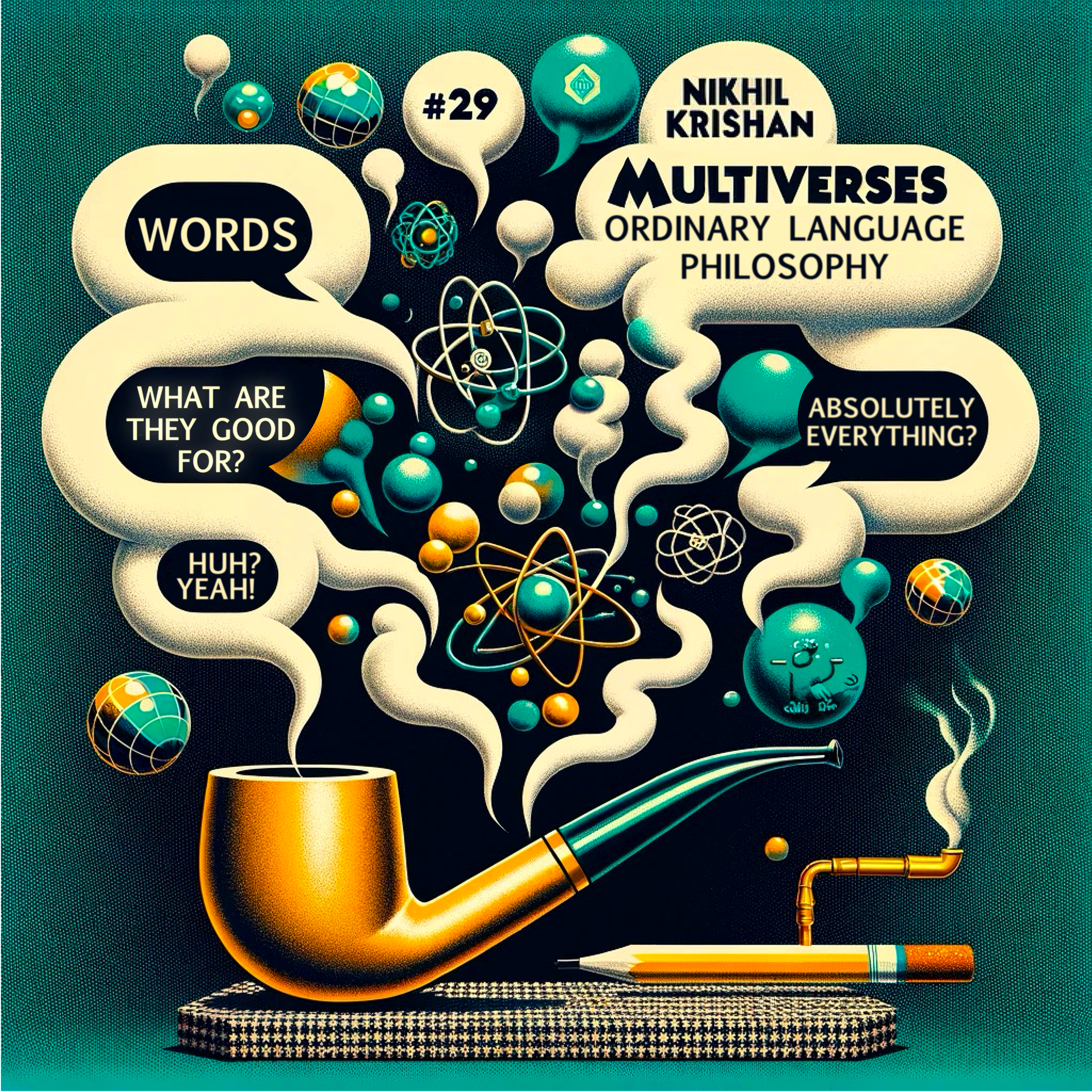 29 | What are words good for? — Nikhil Krishnan on Ordinary Language Philosophy
29 | What are words good for? — Nikhil Krishnan on Ordinary Language Philosophy
2024-Apr-12
97 minutes
|
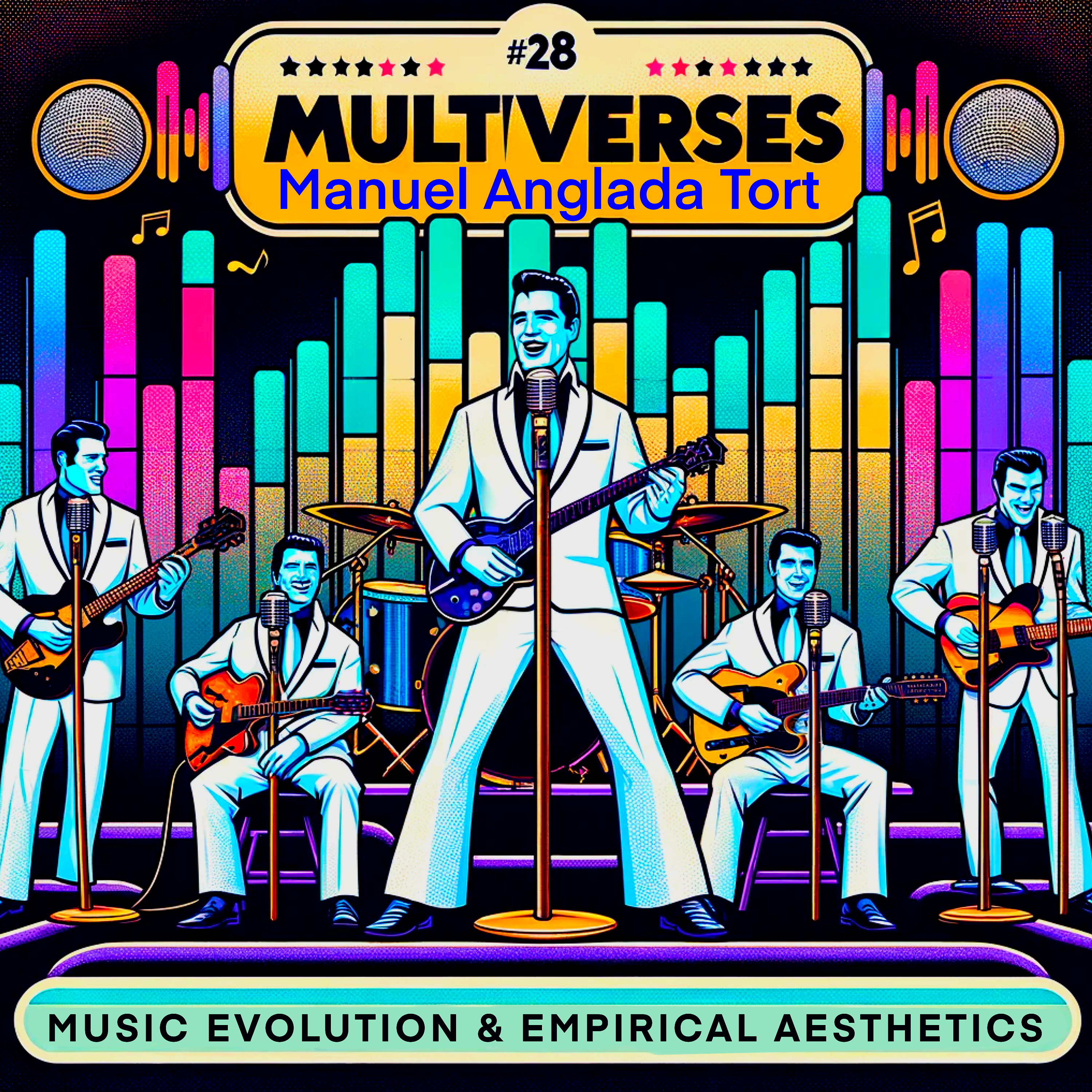 28| Music Evolution & Empirical Aesthetics — Manuel Anglada Tort
28| Music Evolution & Empirical Aesthetics — Manuel Anglada Tort
2024-Mar-28
96 minutes
|
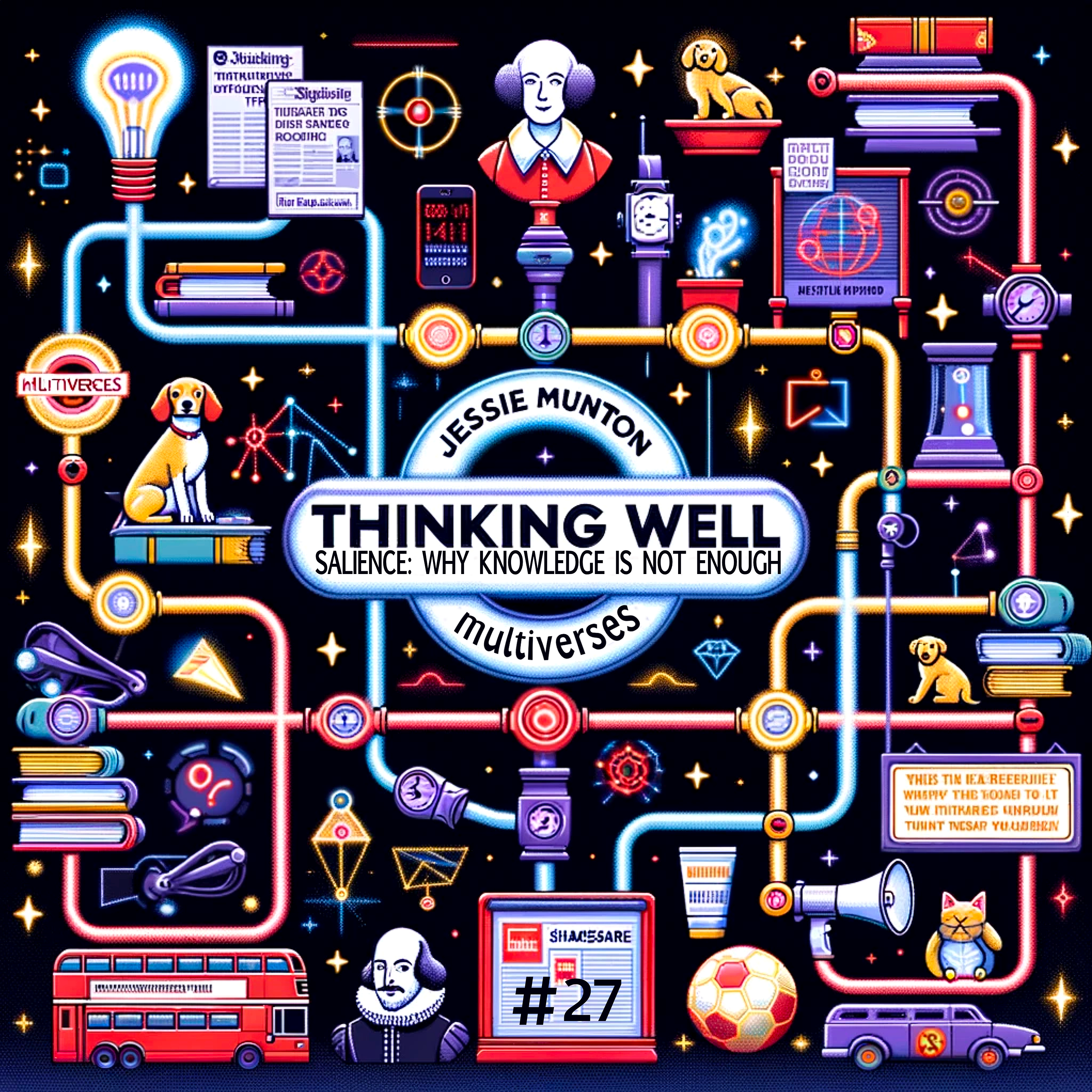 27| Why Knowledge is Not Enough — Jessie Munton
27| Why Knowledge is Not Enough — Jessie Munton
2024-Mar-14
84 minutes
|
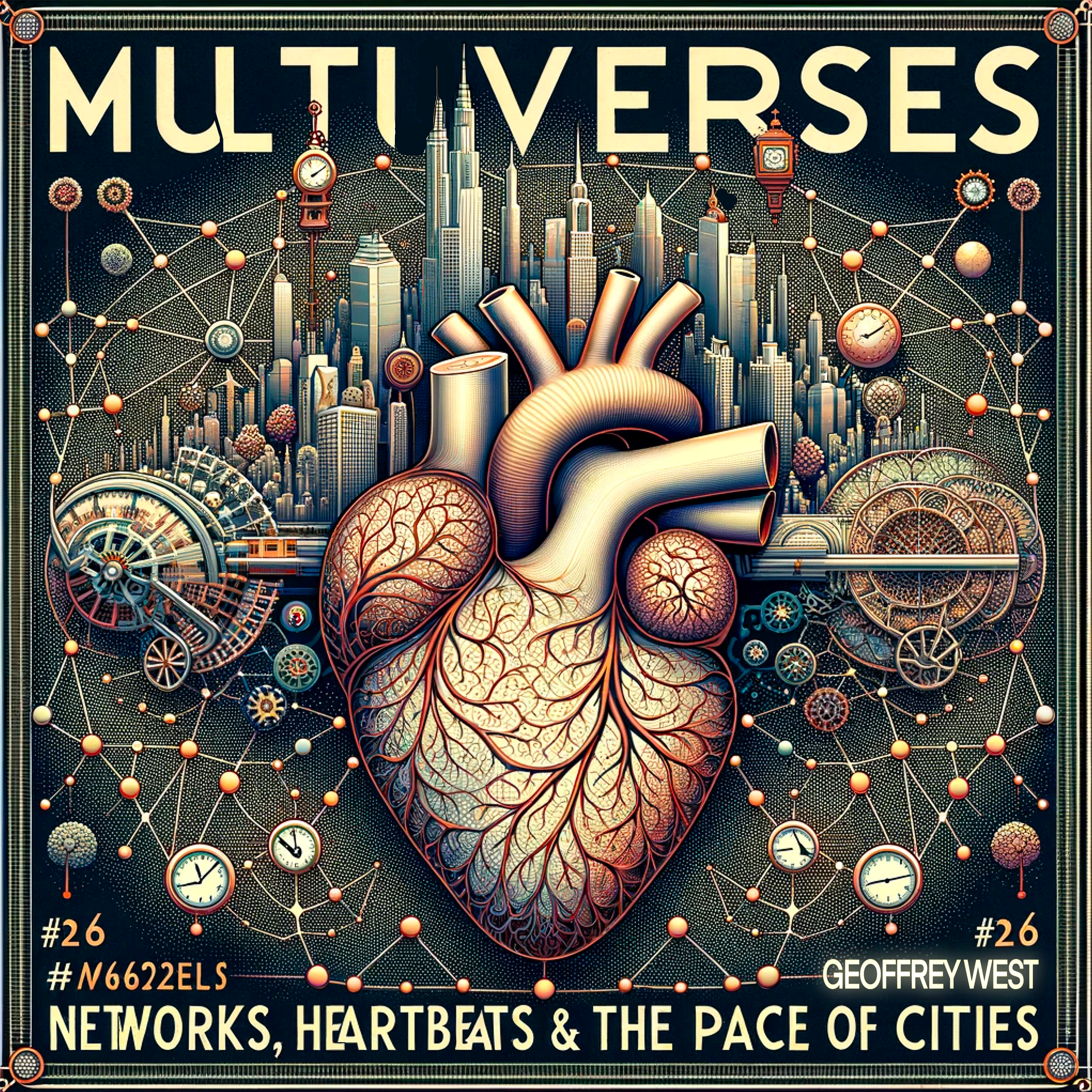 26| Networks, Heartbeats & the Pace of Cities — Geoffrey West
26| Networks, Heartbeats & the Pace of Cities — Geoffrey West
2024-Feb-29
114 minutes
|
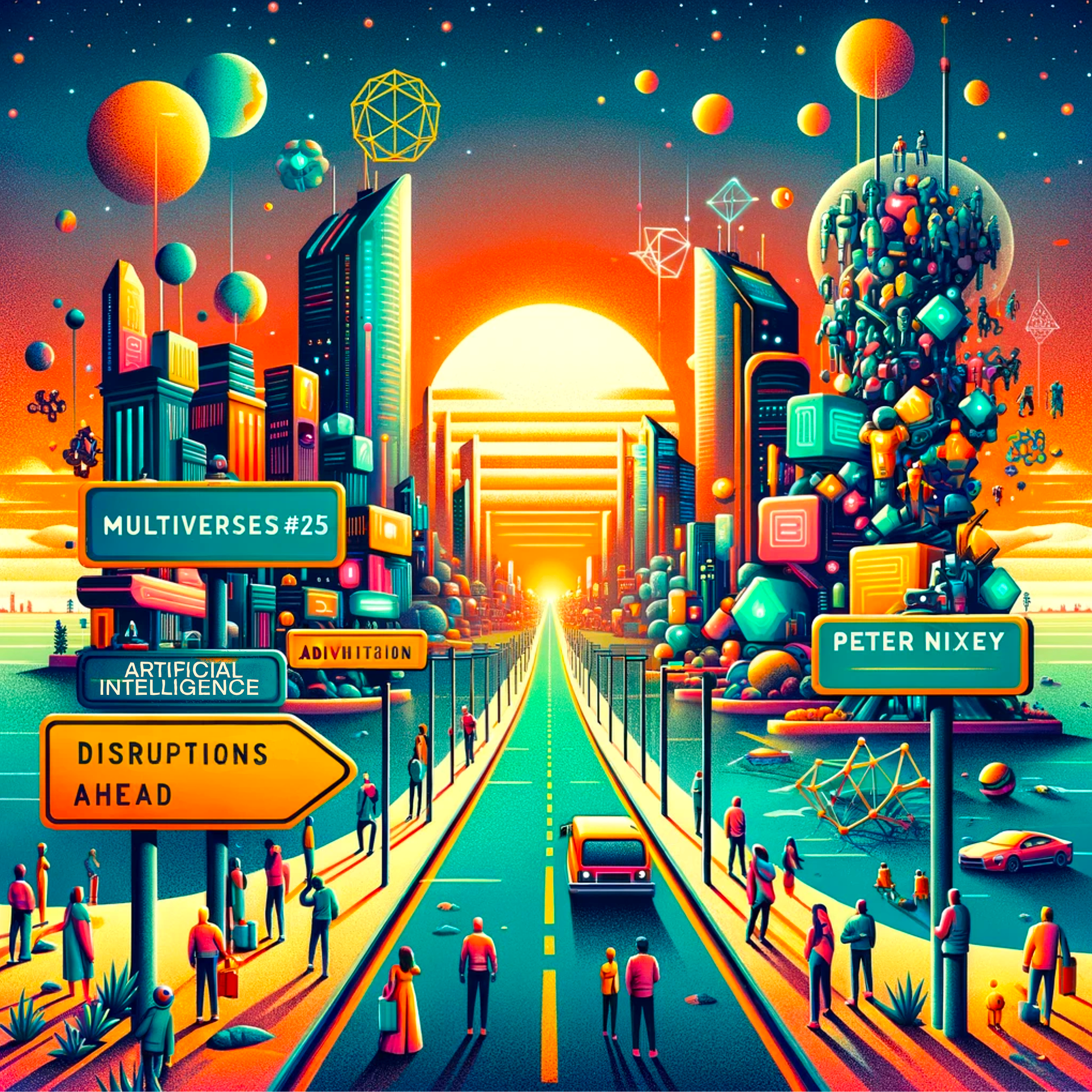 25| Peter Nixey — AI: Disruption Ahead
25| Peter Nixey — AI: Disruption Ahead
2024-Feb-15
77 minutes
|
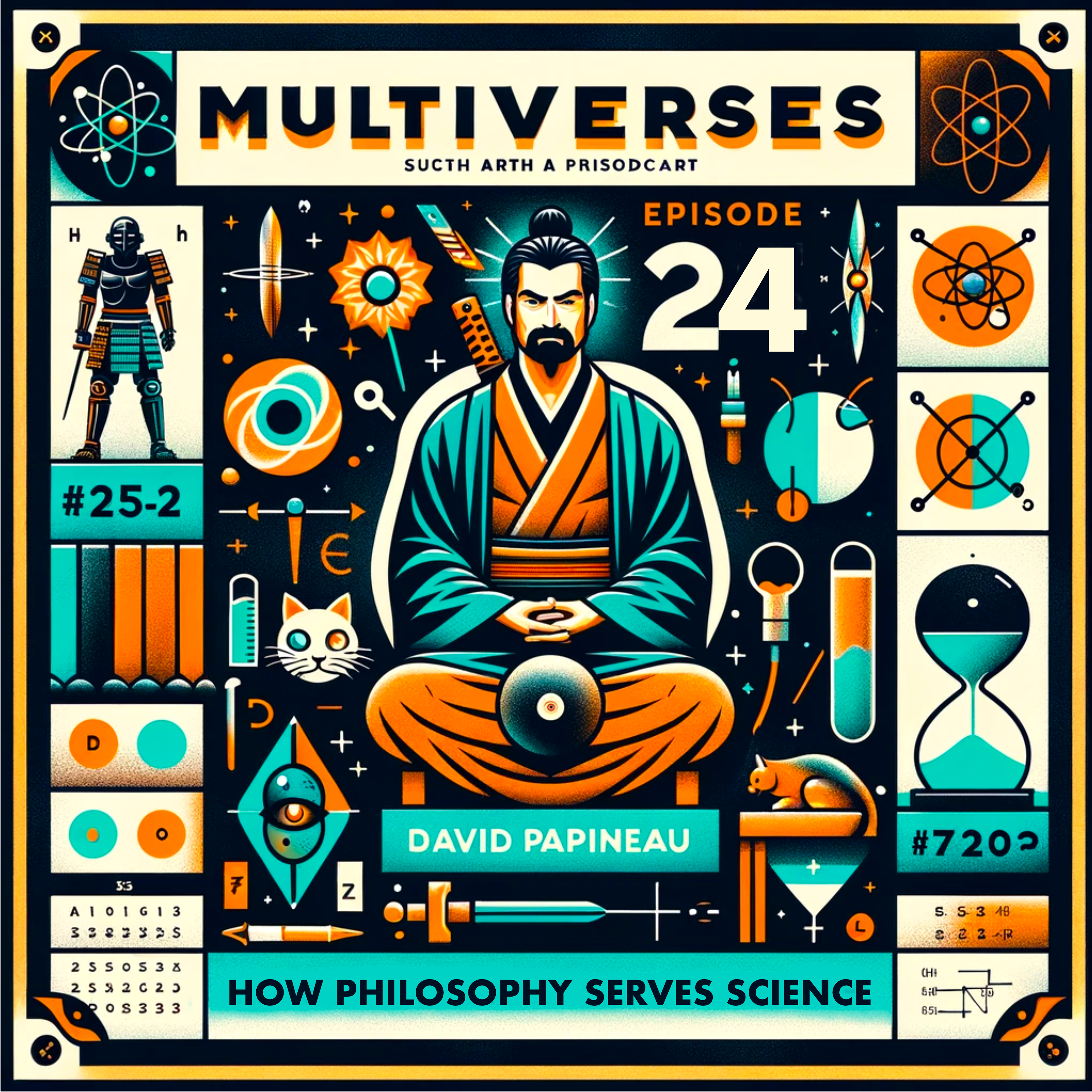 24| How Philosophy Serves Science — David Papineau
24| How Philosophy Serves Science — David Papineau
2024-Feb-01
76 minutes
|
 23| Paulina Sliwa — Moral philosophy as puzzles of daily life
23| Paulina Sliwa — Moral philosophy as puzzles of daily life
2024-Jan-18
71 minutes
|
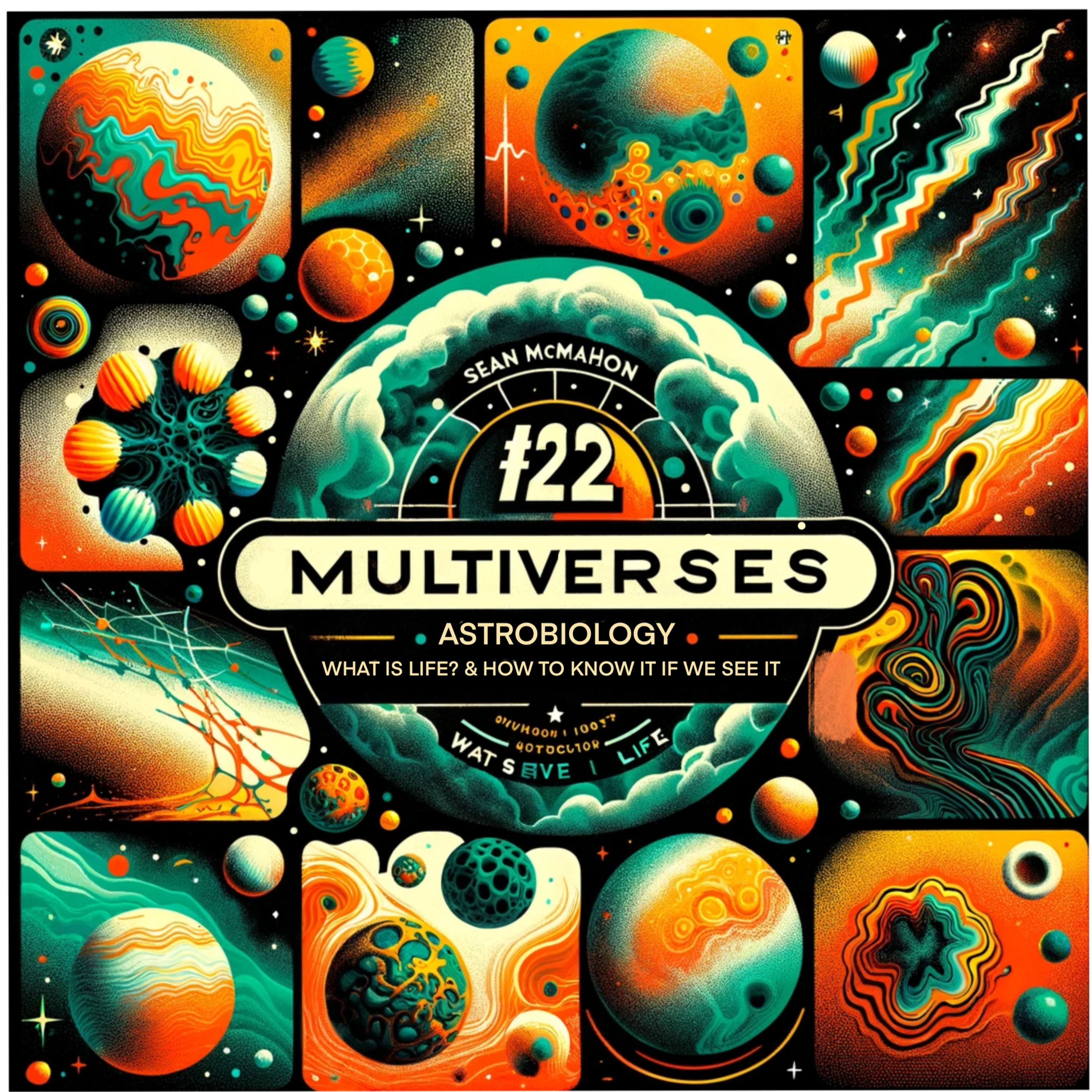 22| Sean McMahon — Astrobiology: what is life & how to know it when we see it?
22| Sean McMahon — Astrobiology: what is life & how to know it when we see it?
2024-Jan-04
80 minutes
|
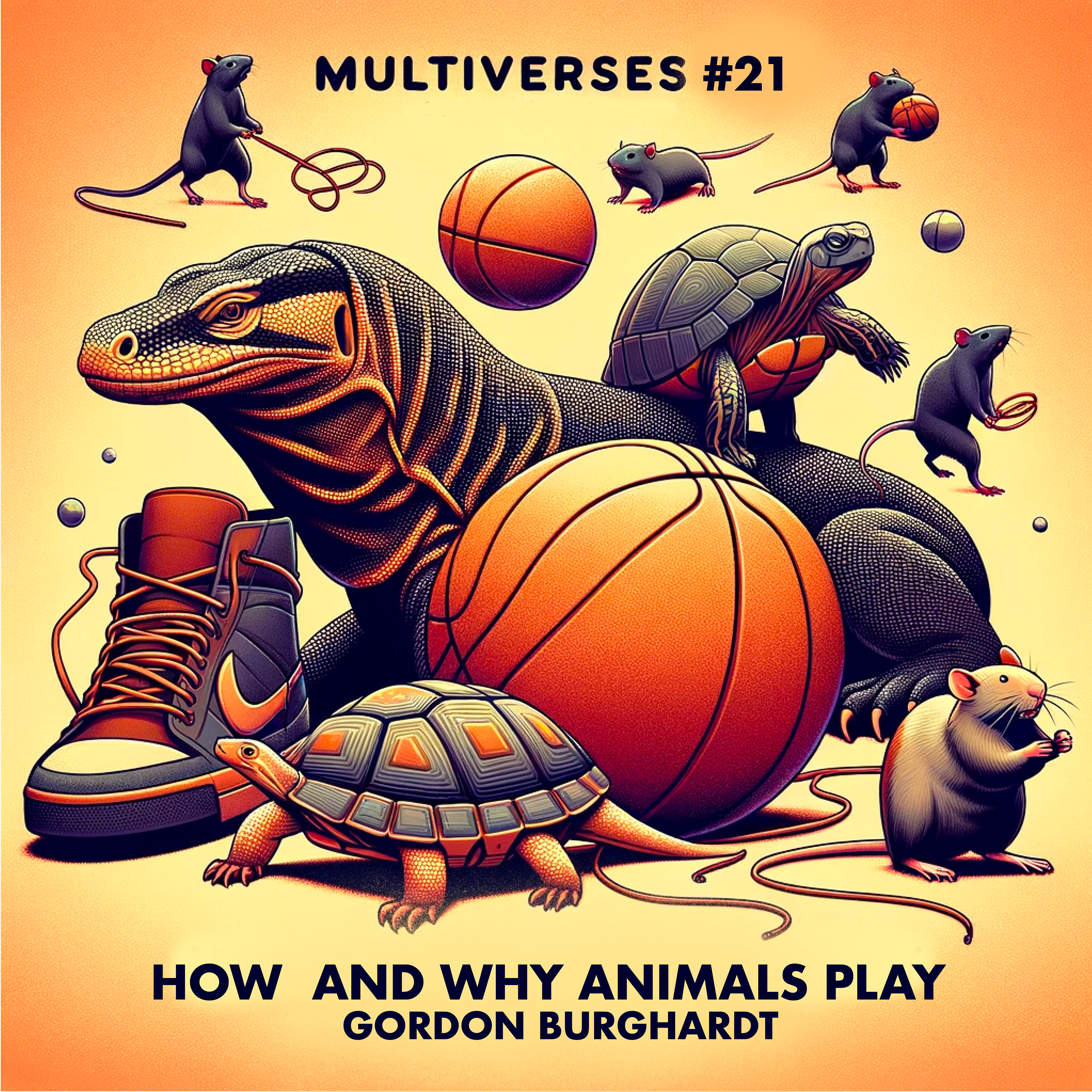 21| How and why do animals play? — Gordon Burghardt
21| How and why do animals play? — Gordon Burghardt
2023-Dec-21
72 minutes
|
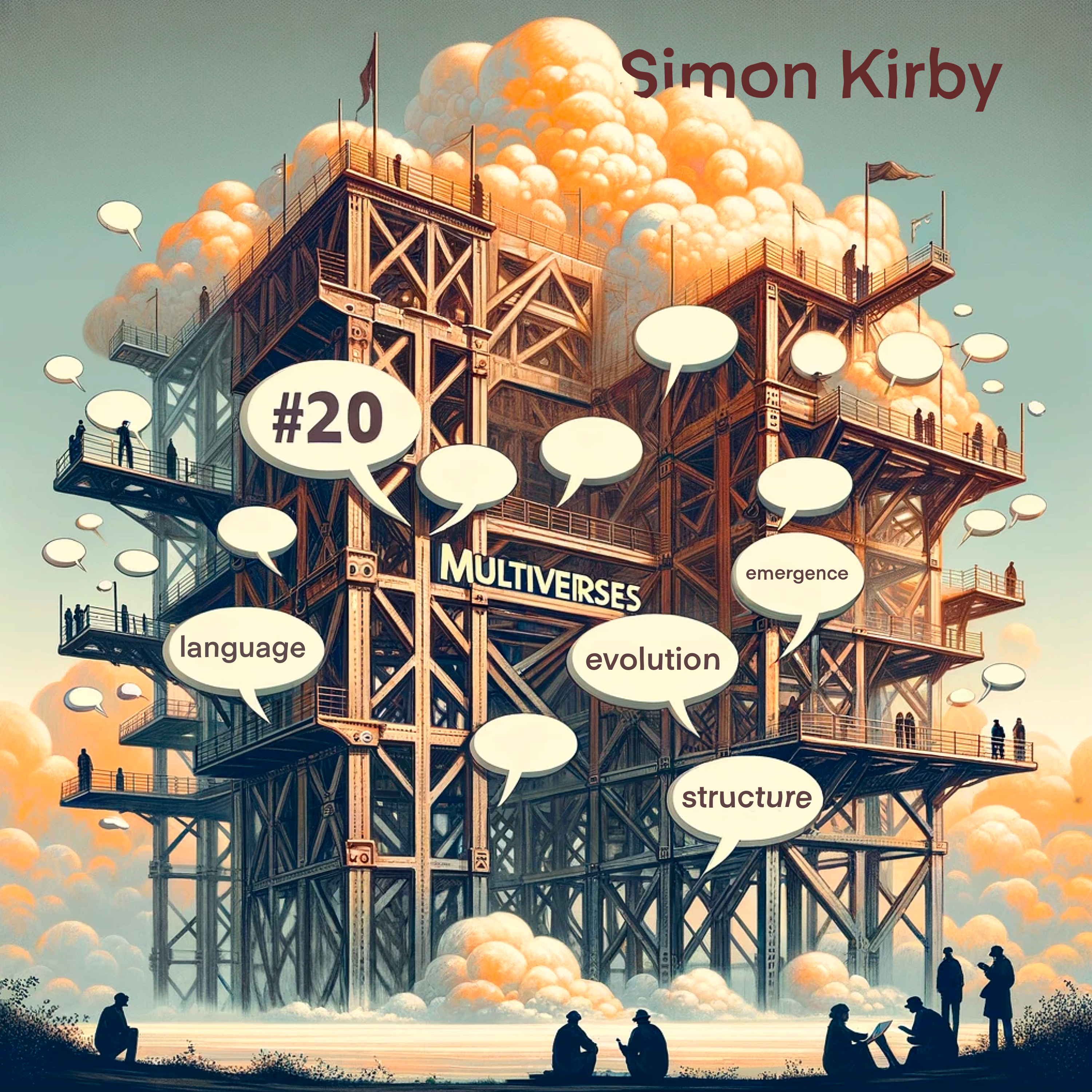 20| Simon Kirby — Language Evolution & Emergence of Structure
20| Simon Kirby — Language Evolution & Emergence of Structure
2023-Dec-07
93 minutes
|
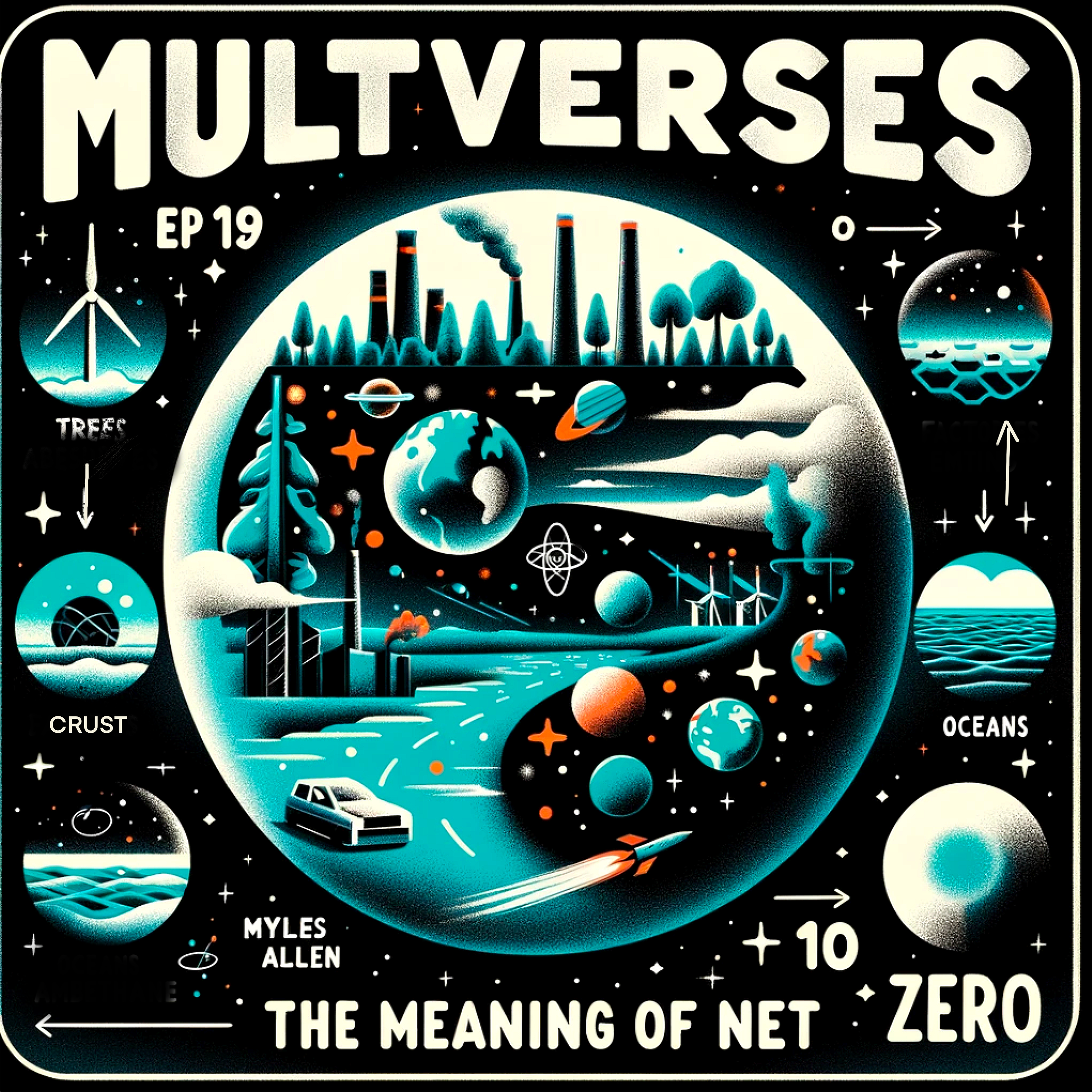 19| The Meaning of Net Zero — Myles Allen
19| The Meaning of Net Zero — Myles Allen
2023-Nov-16
54 minutes
|
 18| Feeling Right: Emotions & Ethics — James Hutton
18| Feeling Right: Emotions & Ethics — James Hutton
2023-Nov-02
108 minutes
|
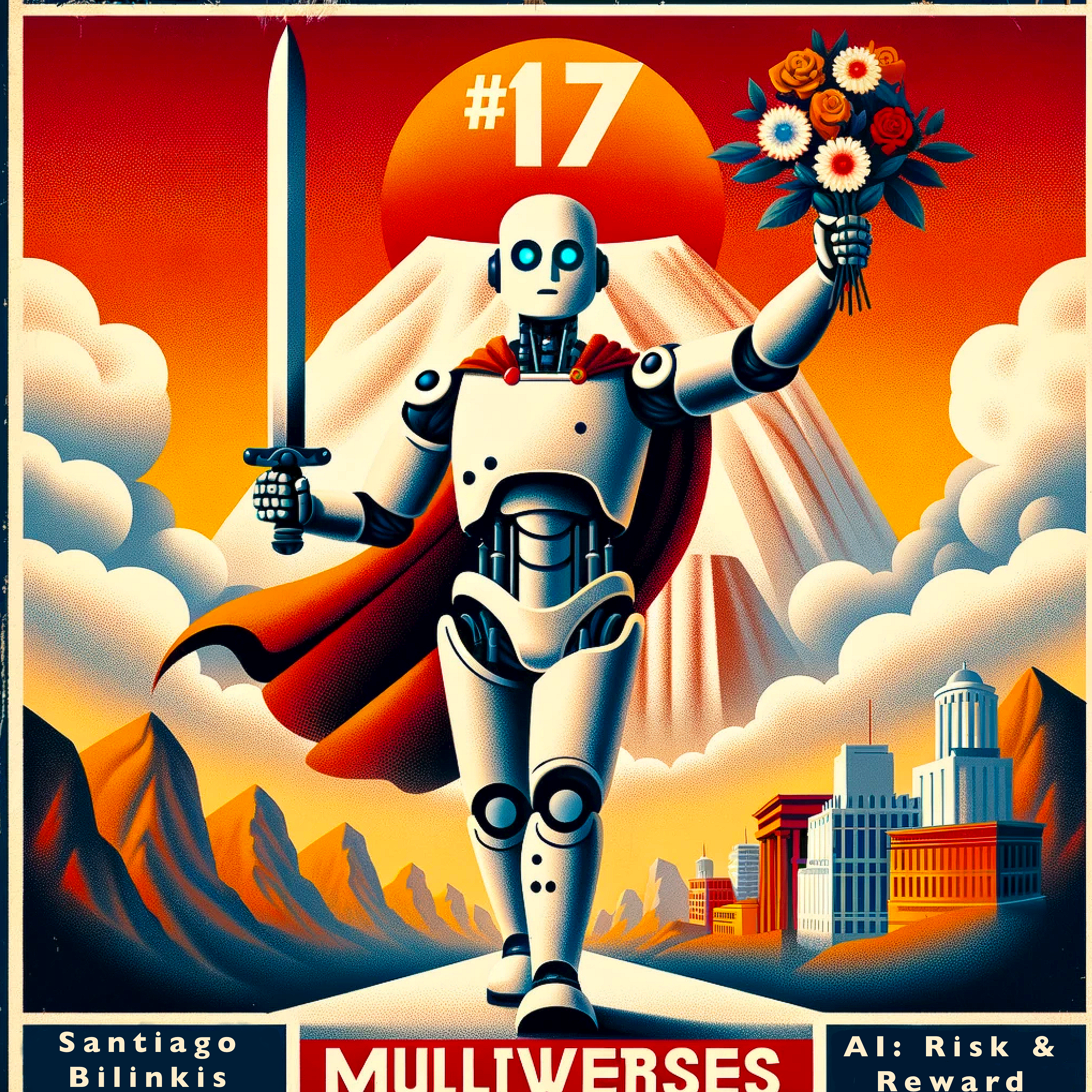 17| Santiago Bilinkis — Artificial Intelligence: Risks & Rewards
17| Santiago Bilinkis — Artificial Intelligence: Risks & Rewards
2023-Oct-19
93 minutes
|
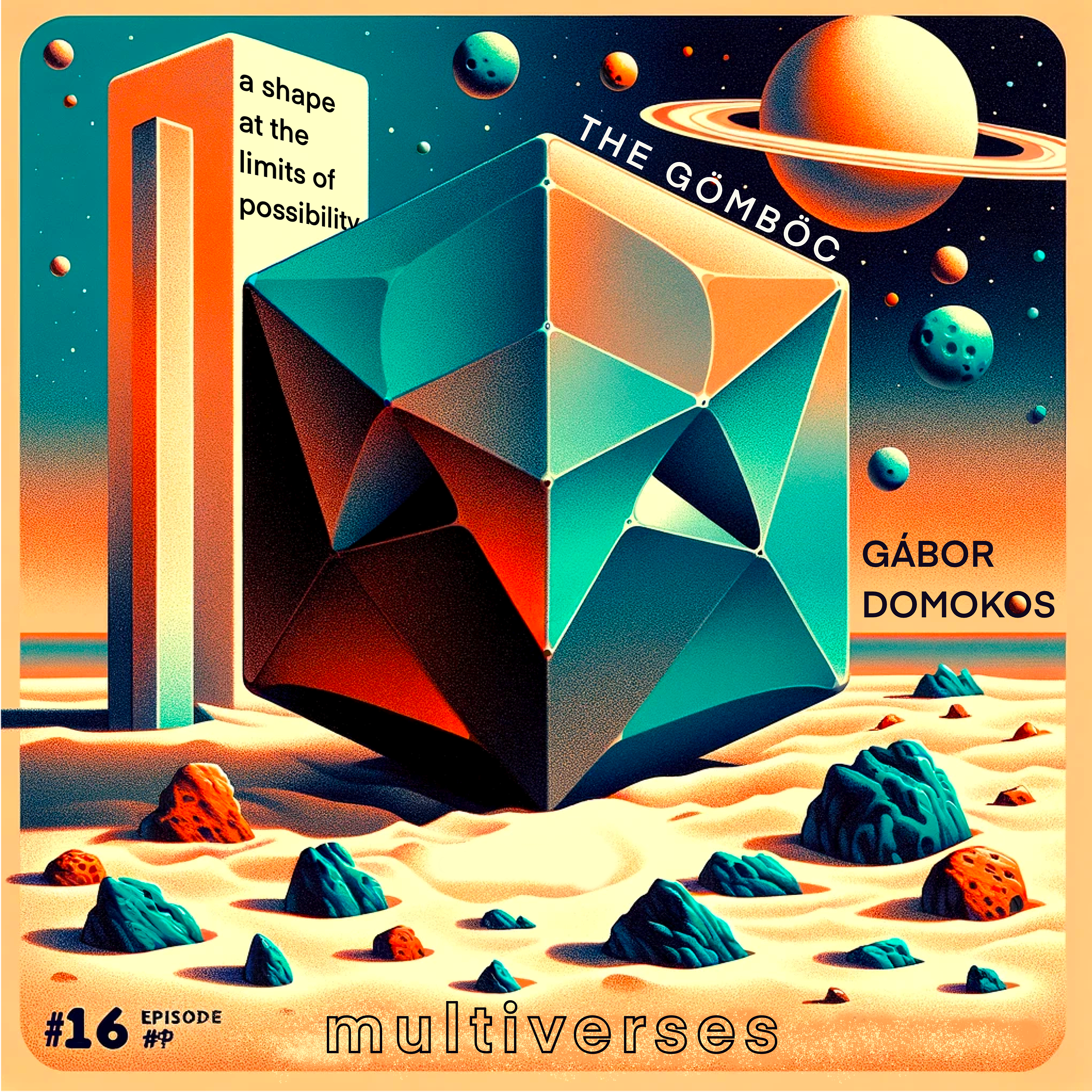 16| Gábor Domokos — The Gömböc, a shape at the limit of possibility
16| Gábor Domokos — The Gömböc, a shape at the limit of possibility
2023-Oct-05
85 minutes
|
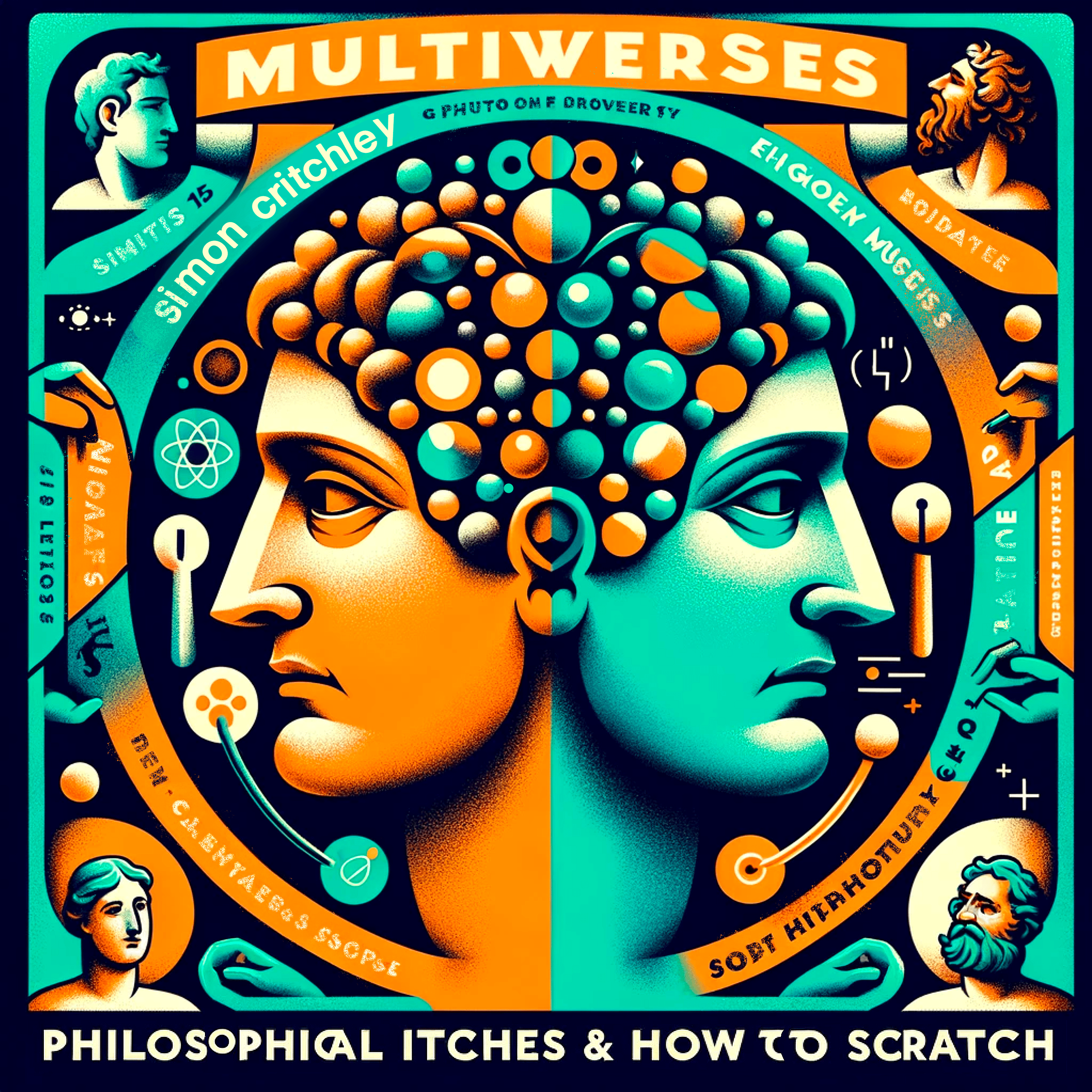 15 | Simon Critchley — Philosophical itches & how to scratch
15 | Simon Critchley — Philosophical itches & how to scratch
2023-Sep-21
89 minutes
|
 14| ChatGPT as a Glider — James Intriligator
14| ChatGPT as a Glider — James Intriligator
2023-Sep-07
97 minutes
|
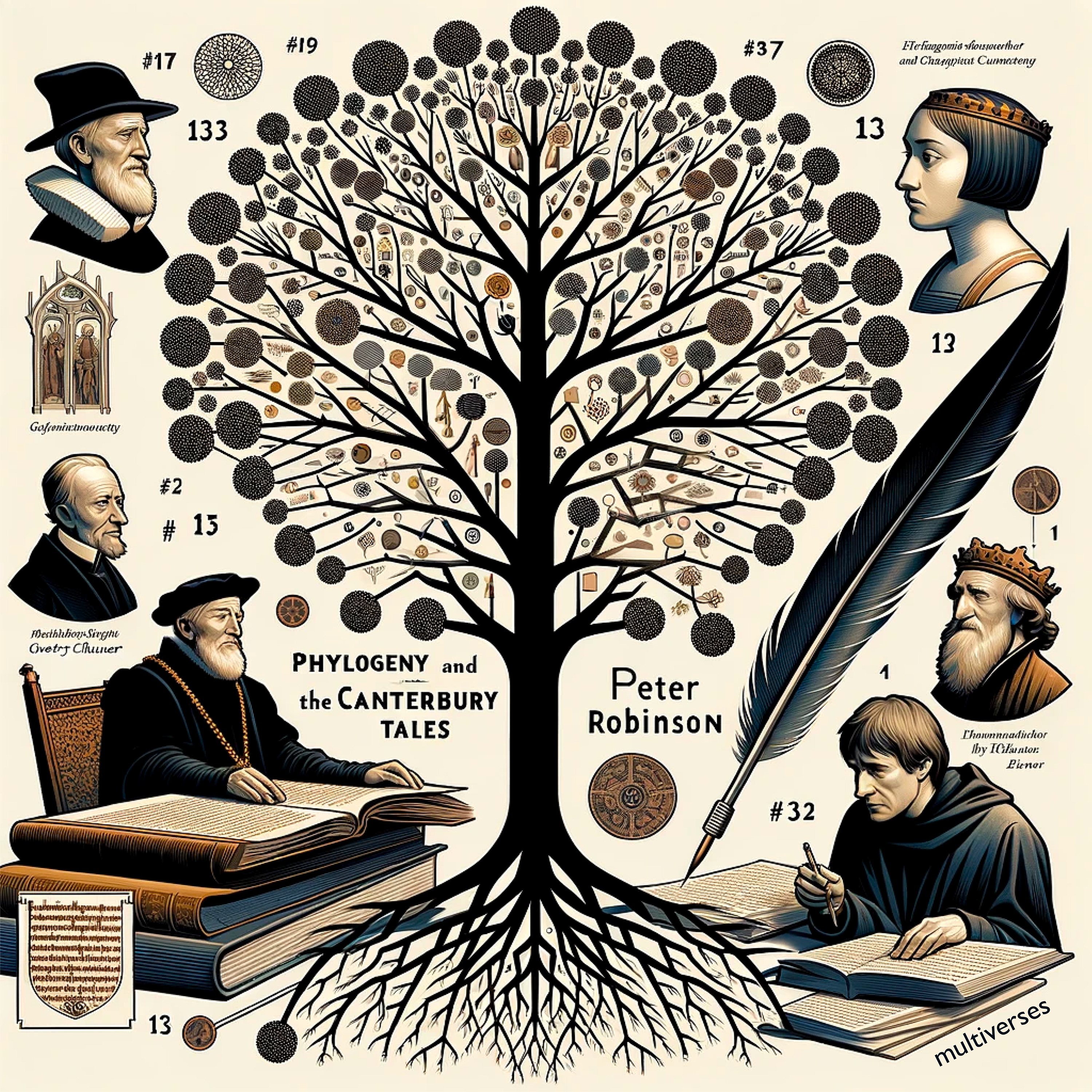 13| Phylogeny & The Canterbury Tales — Peter Robinson
13| Phylogeny & The Canterbury Tales — Peter Robinson
2023-Aug-24
68 minutes
|
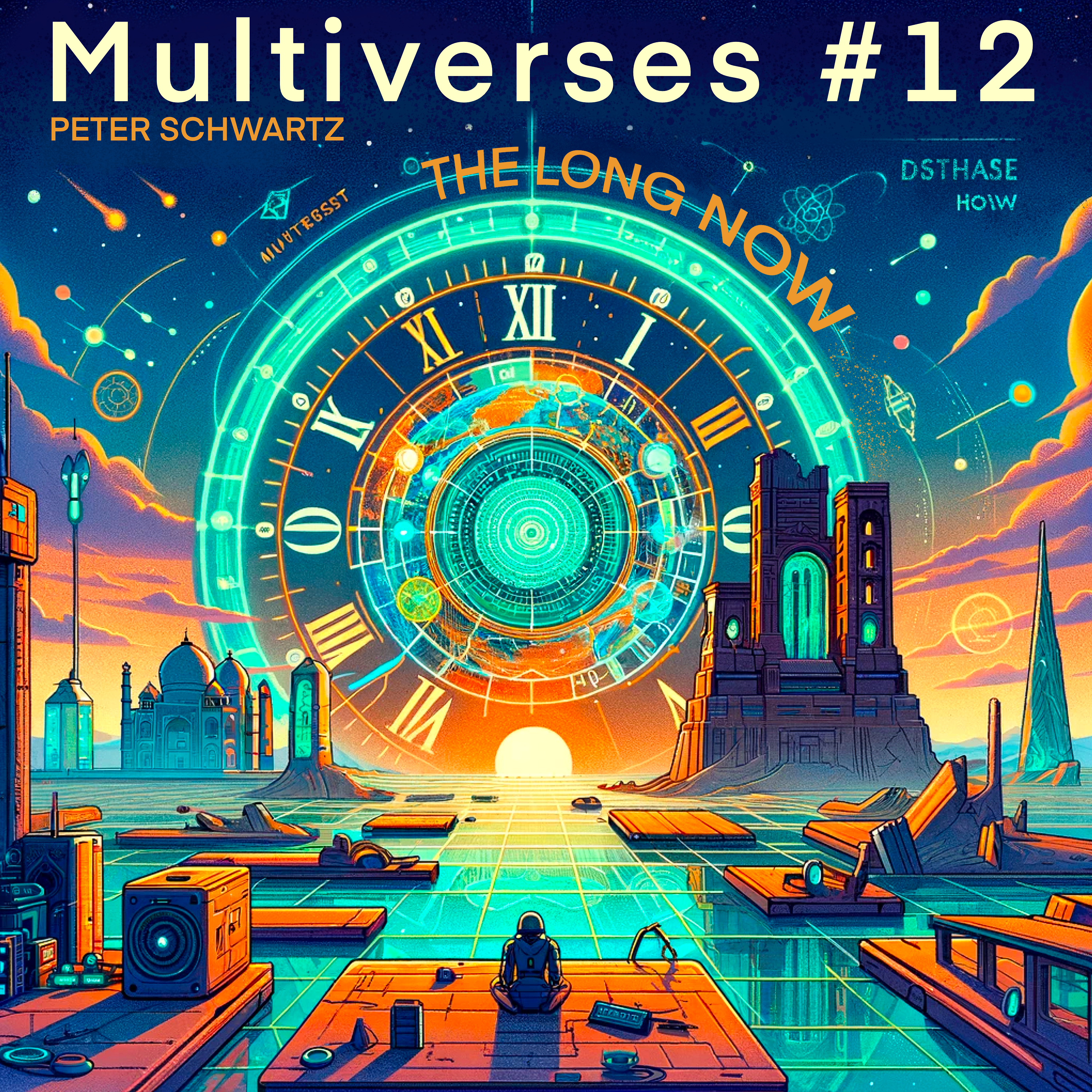 12 | The Long Now — Peter Schwartz
12 | The Long Now — Peter Schwartz
2023-Aug-10
87 minutes
|
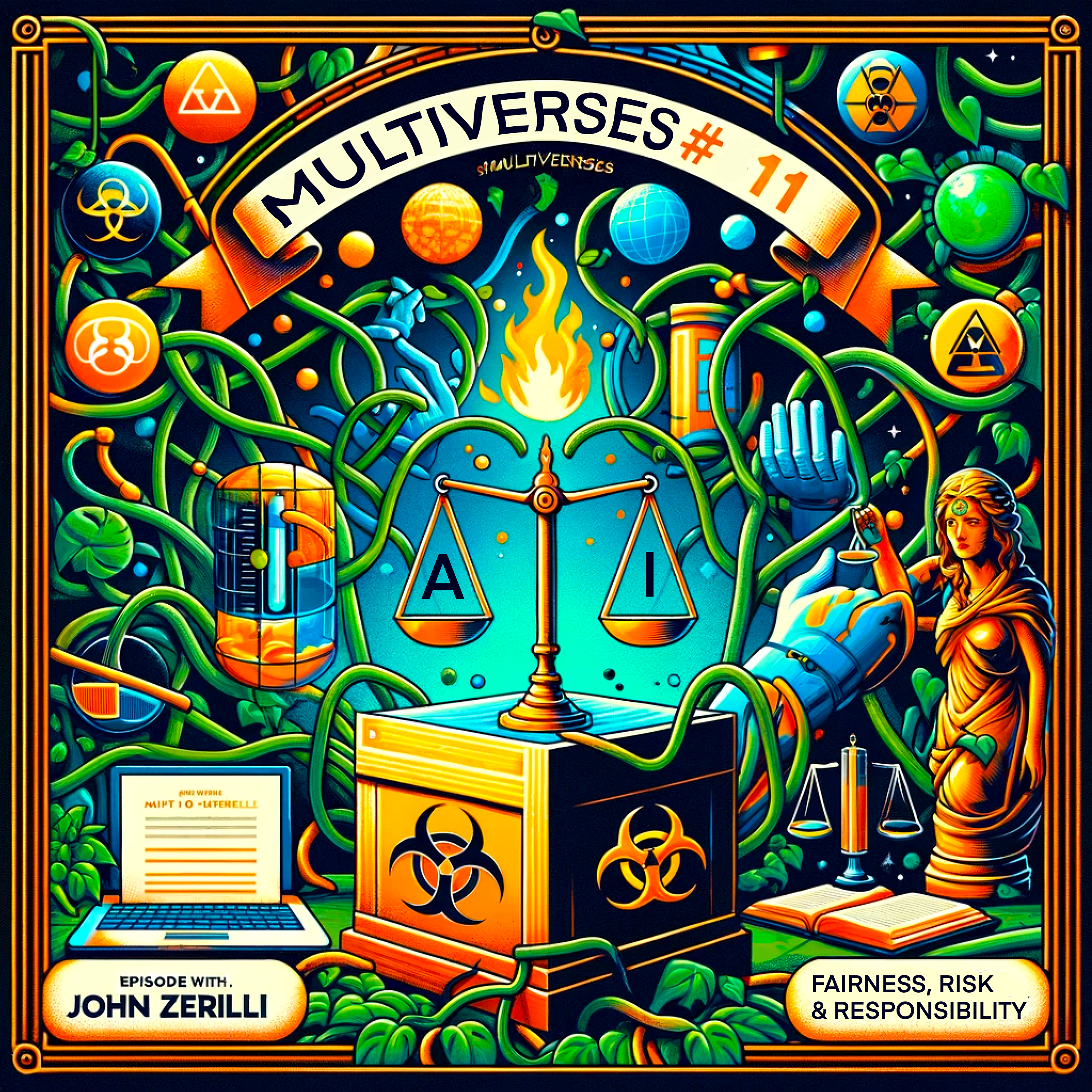 11| AI, Risk, Fairness & Responsibility — John Zerilli
11| AI, Risk, Fairness & Responsibility — John Zerilli
2023-Jul-20
100 minutes
|
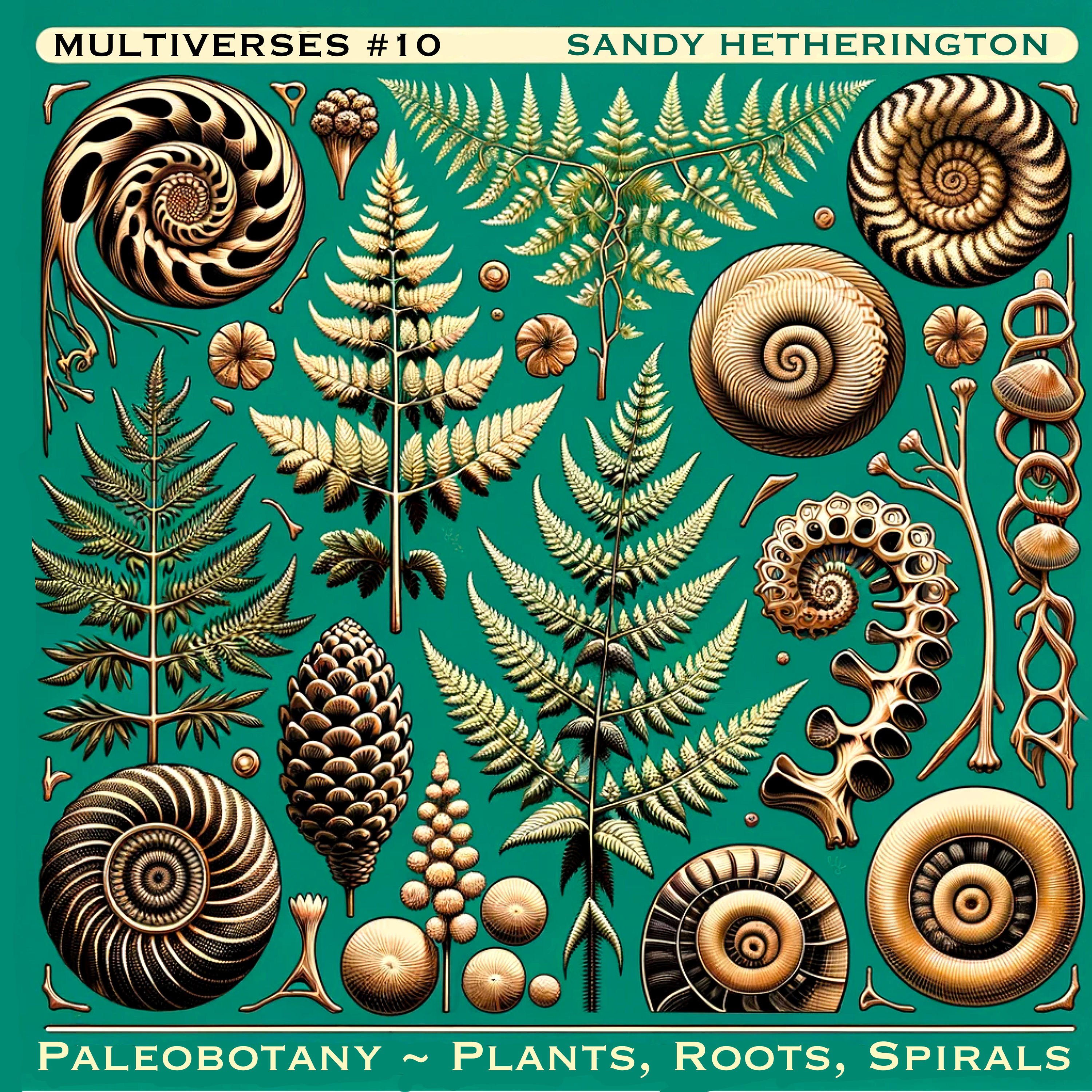 10| Plants, Roots, Spirals and Palaeobotany — Sandy Hetherington
10| Plants, Roots, Spirals and Palaeobotany — Sandy Hetherington
2023-Jul-13
82 minutes
|
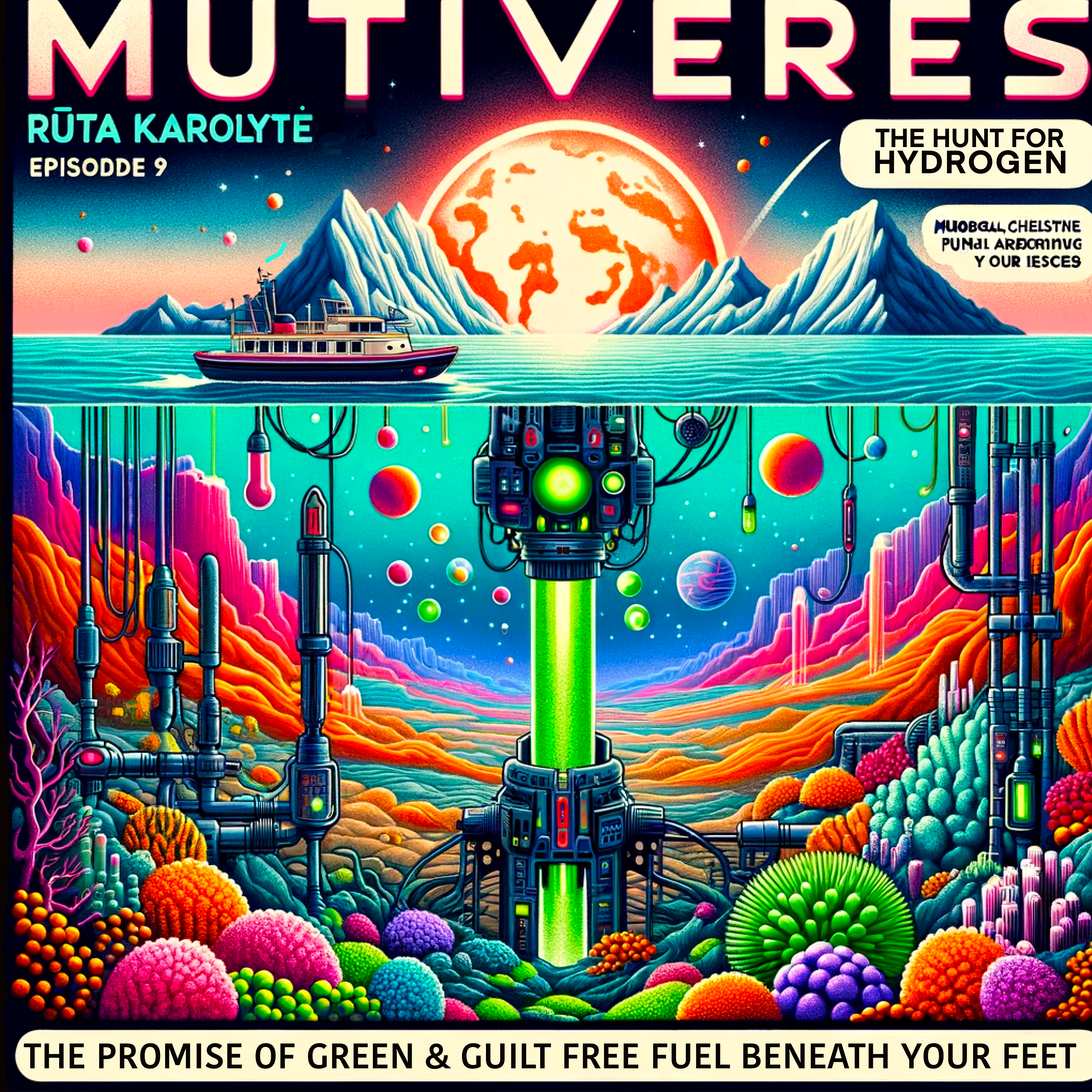 9| The Hunt for Hydrogen — Rūta Karolytė
9| The Hunt for Hydrogen — Rūta Karolytė
2023-Jul-06
112 minutes
|
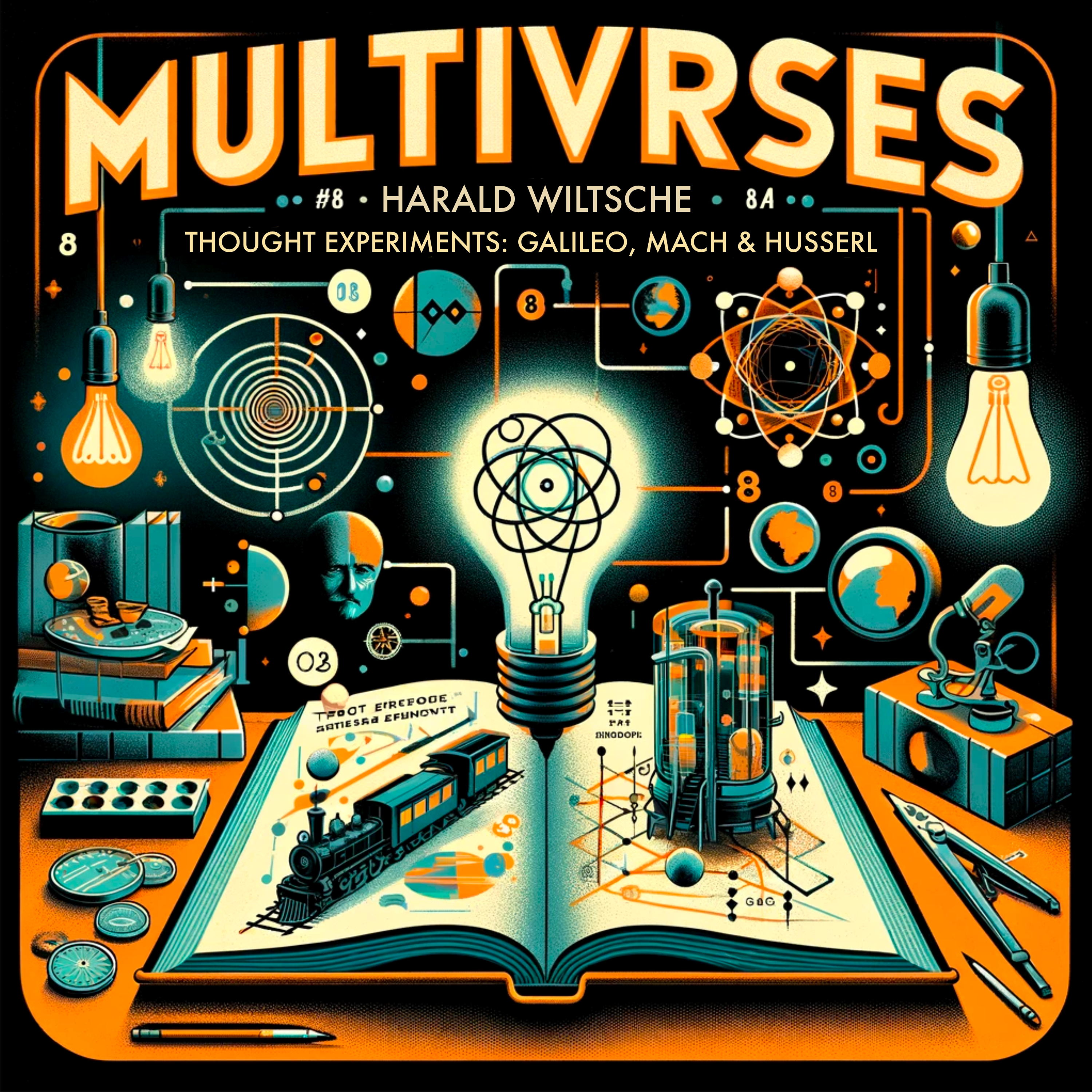 8 | Harald Wiltsche — Thought Experiments, Mach, Galileo & Phenomenology
8 | Harald Wiltsche — Thought Experiments, Mach, Galileo & Phenomenology
2023-Jun-29
99 minutes
|
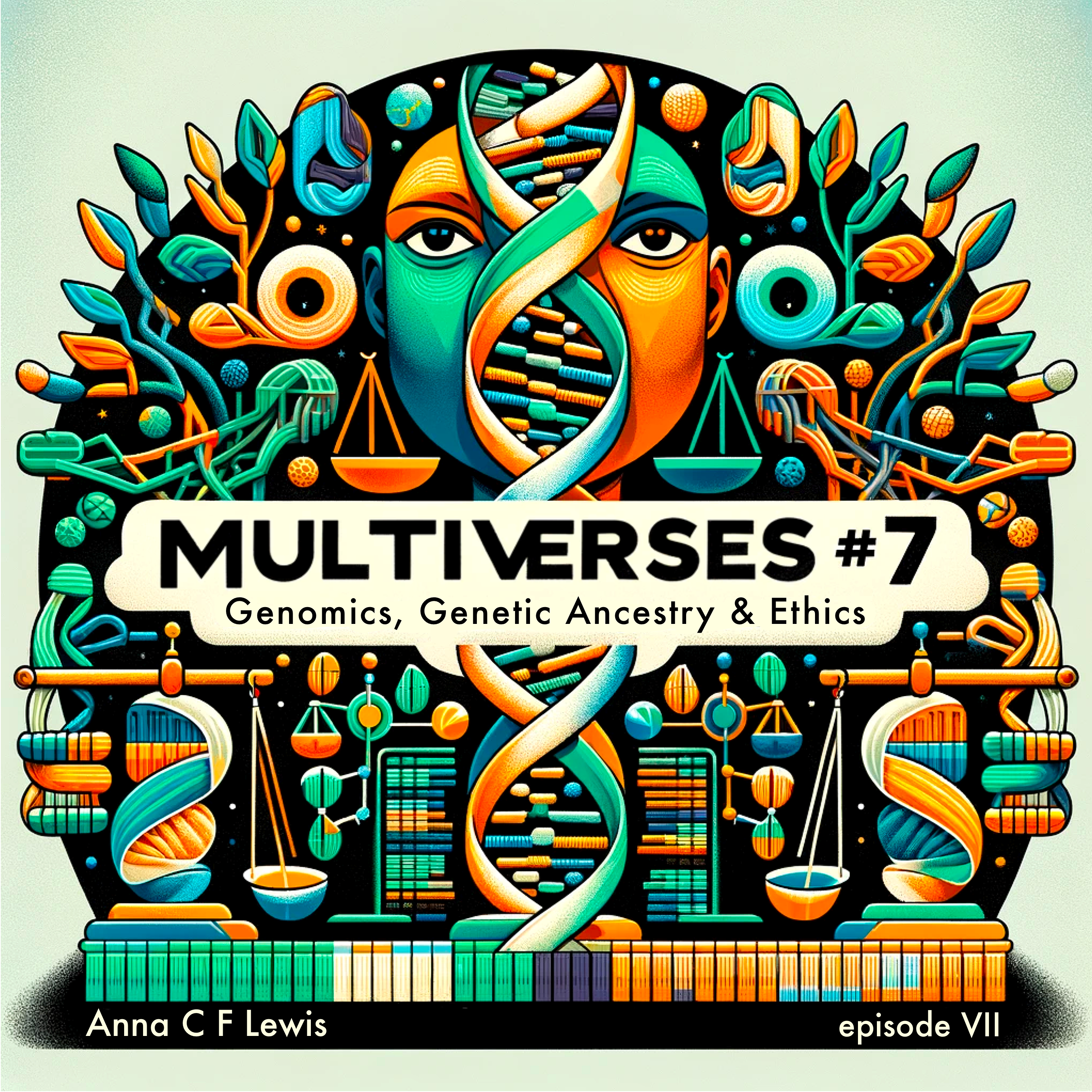 7| Anna Lewis — Genomics, polygenic risk scores, genetic ancestry, race & ethics
7| Anna Lewis — Genomics, polygenic risk scores, genetic ancestry, race & ethics
2023-Jun-22
107 minutes
|
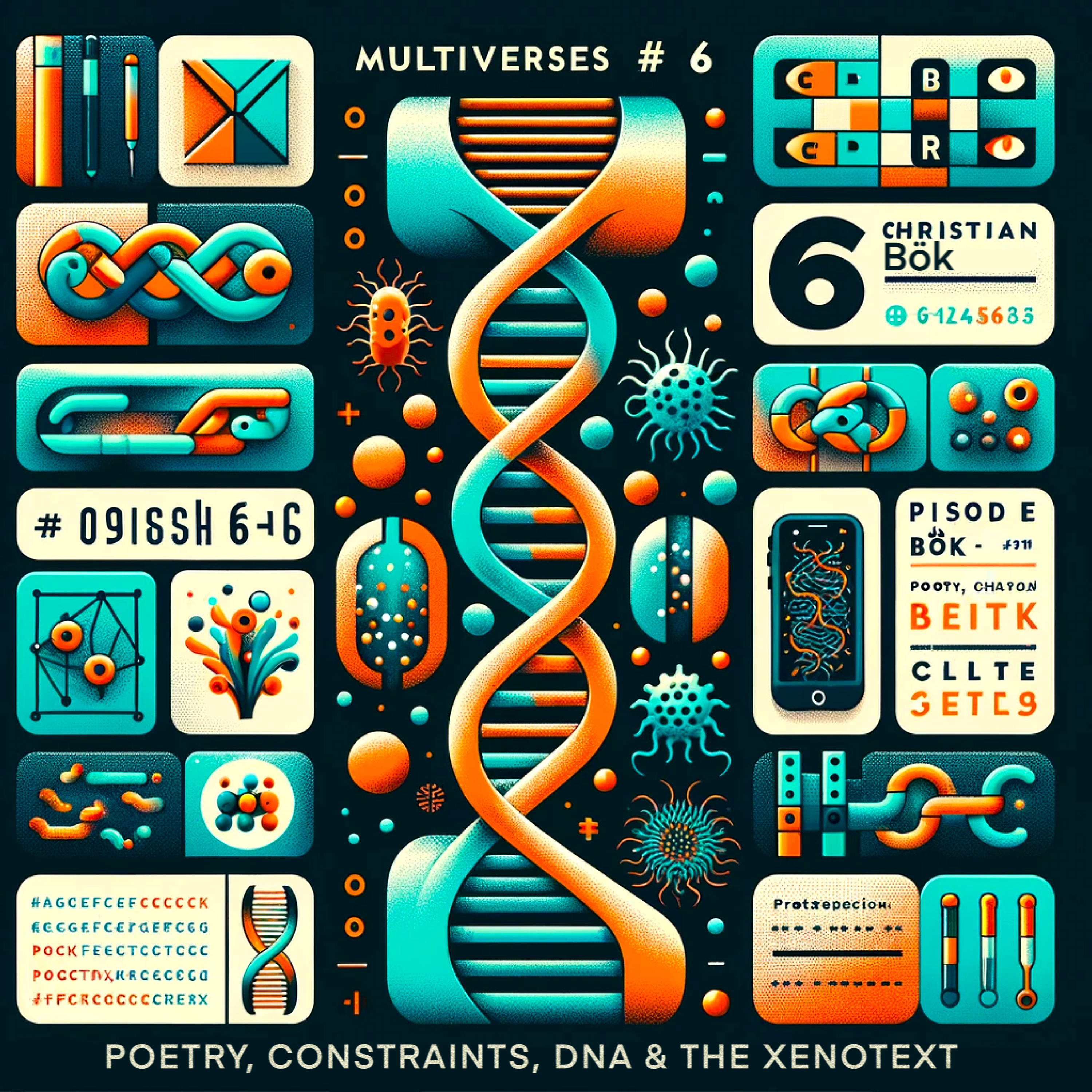 6| Christian Bök — Poetry, Constraints, DNA & The Xenotext
6| Christian Bök — Poetry, Constraints, DNA & The Xenotext
2023-Jun-15
111 minutes
|
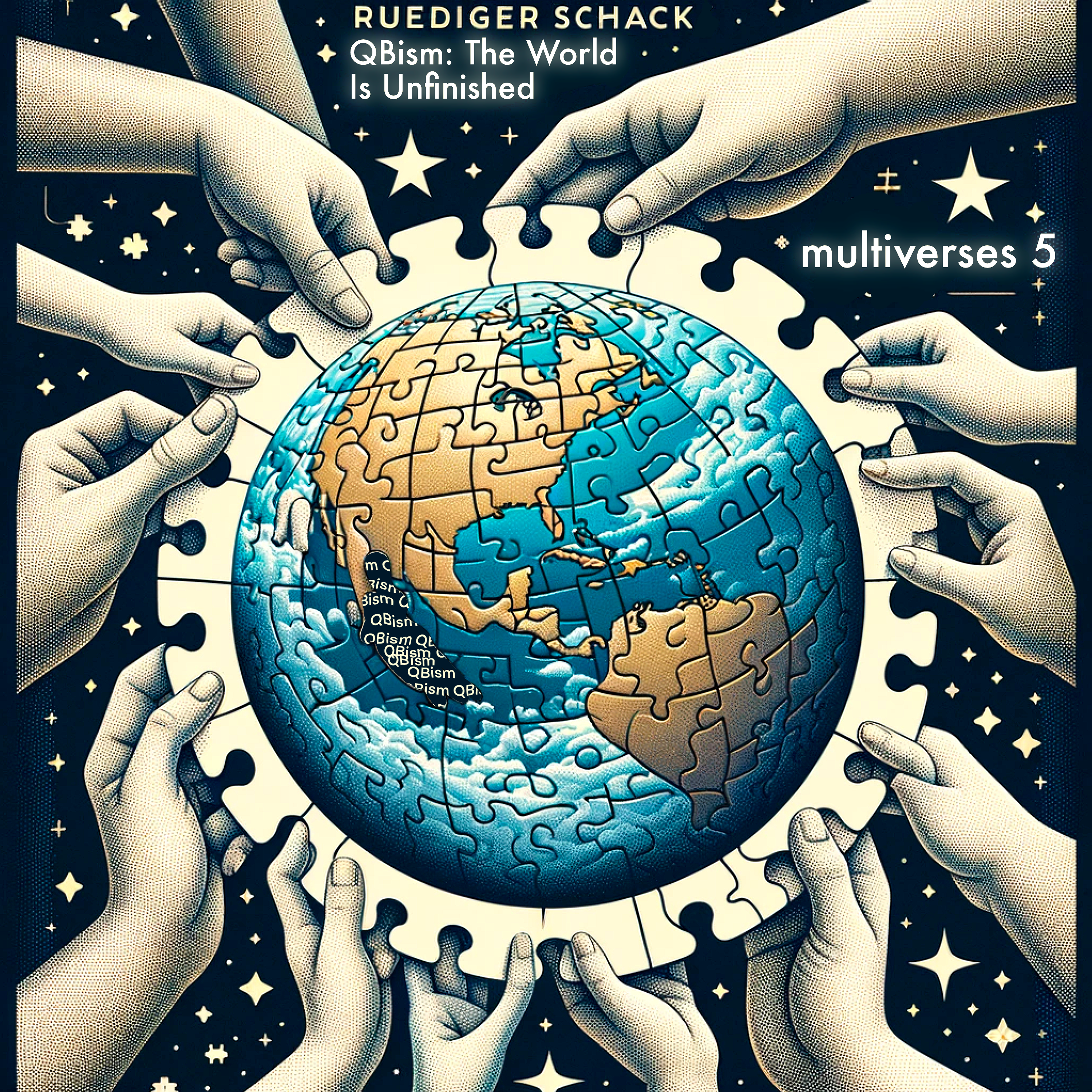 5| QBism: The World is Unfinished — Ruediger Schack
5| QBism: The World is Unfinished — Ruediger Schack
2023-Jun-08
93 minutes
|
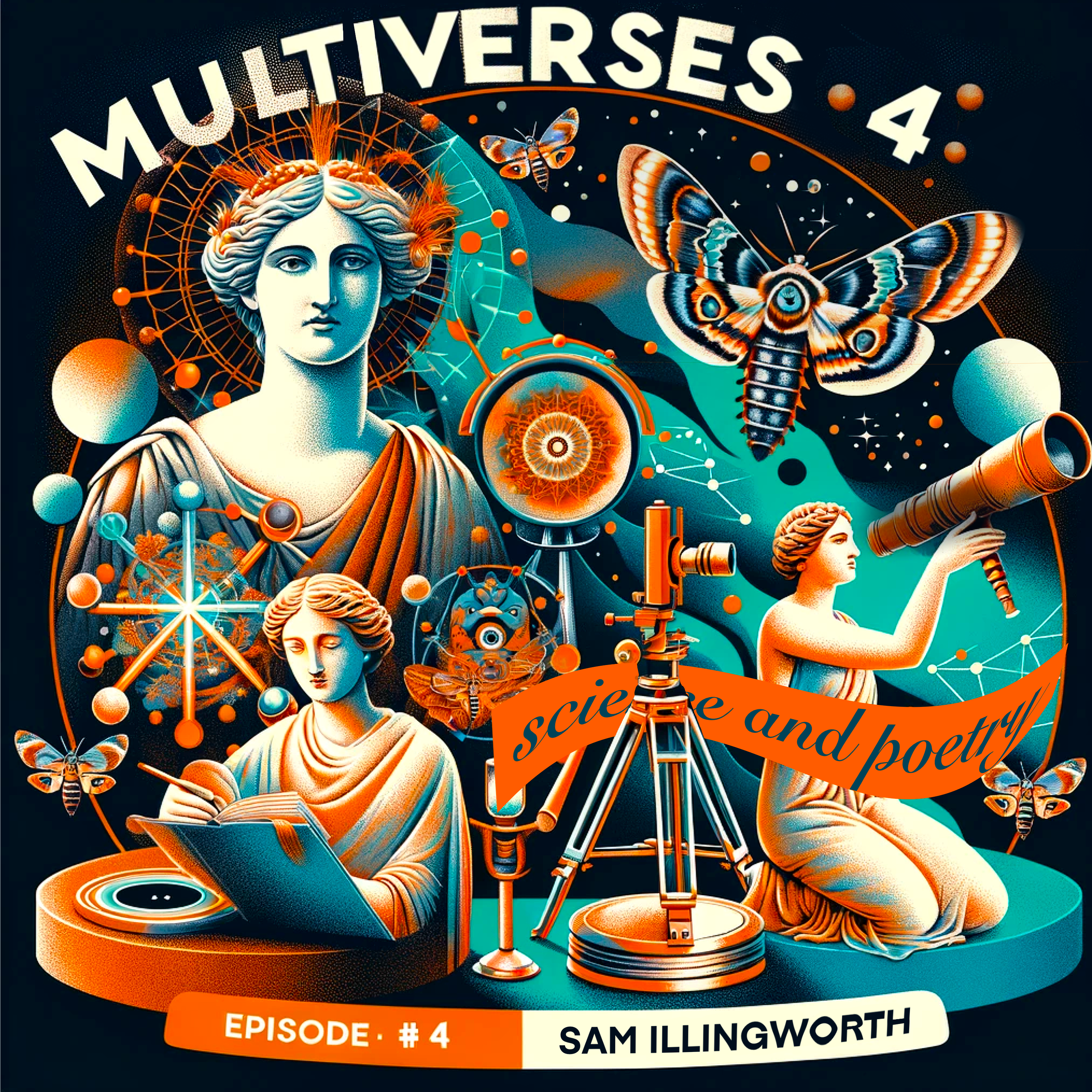 4| Science & Poetry — Sam Illingworth
4| Science & Poetry — Sam Illingworth
2023-Jun-01
77 minutes
|
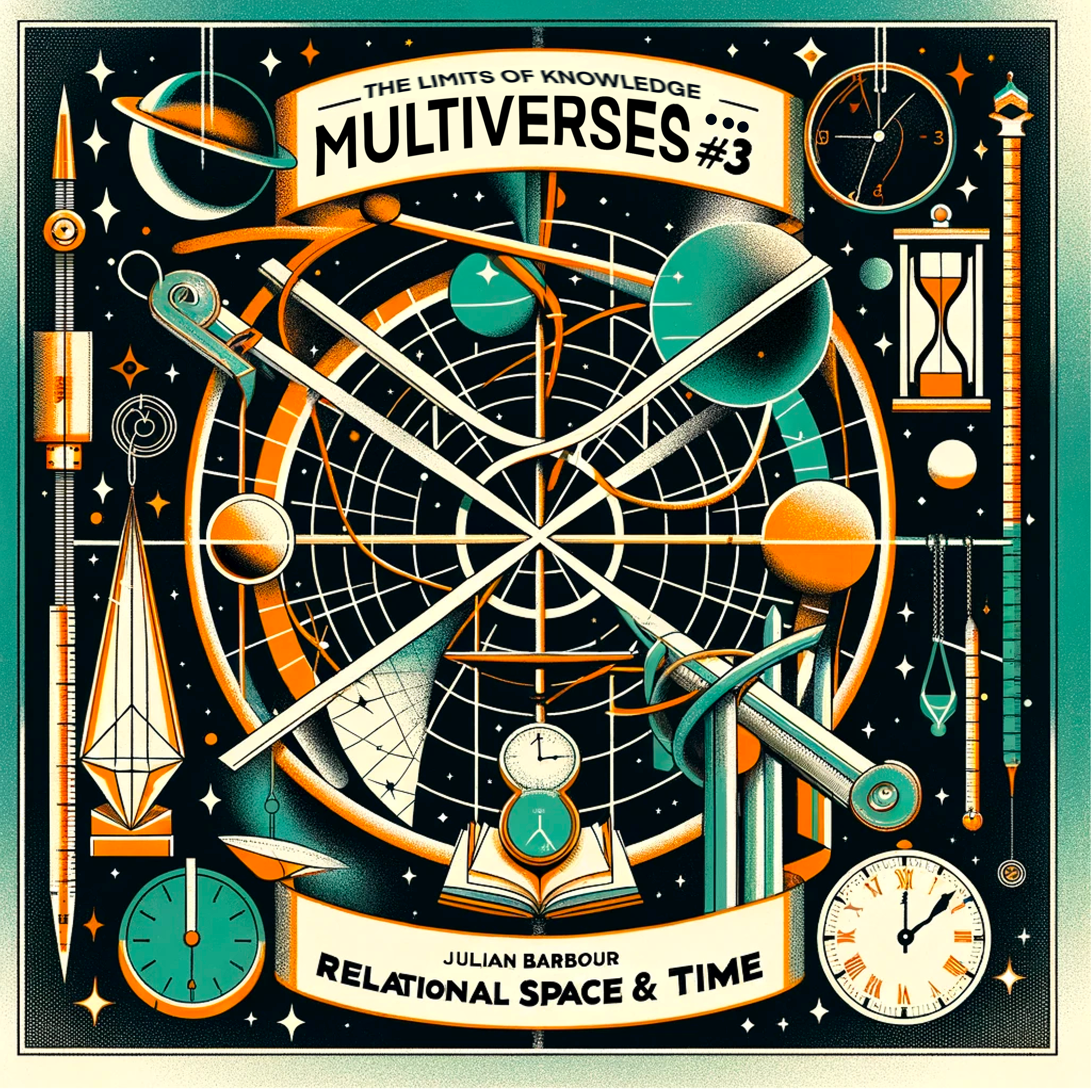 3| Julian Barbour — Relational Space and Time
3| Julian Barbour — Relational Space and Time
2023-May-25
75 minutes
|
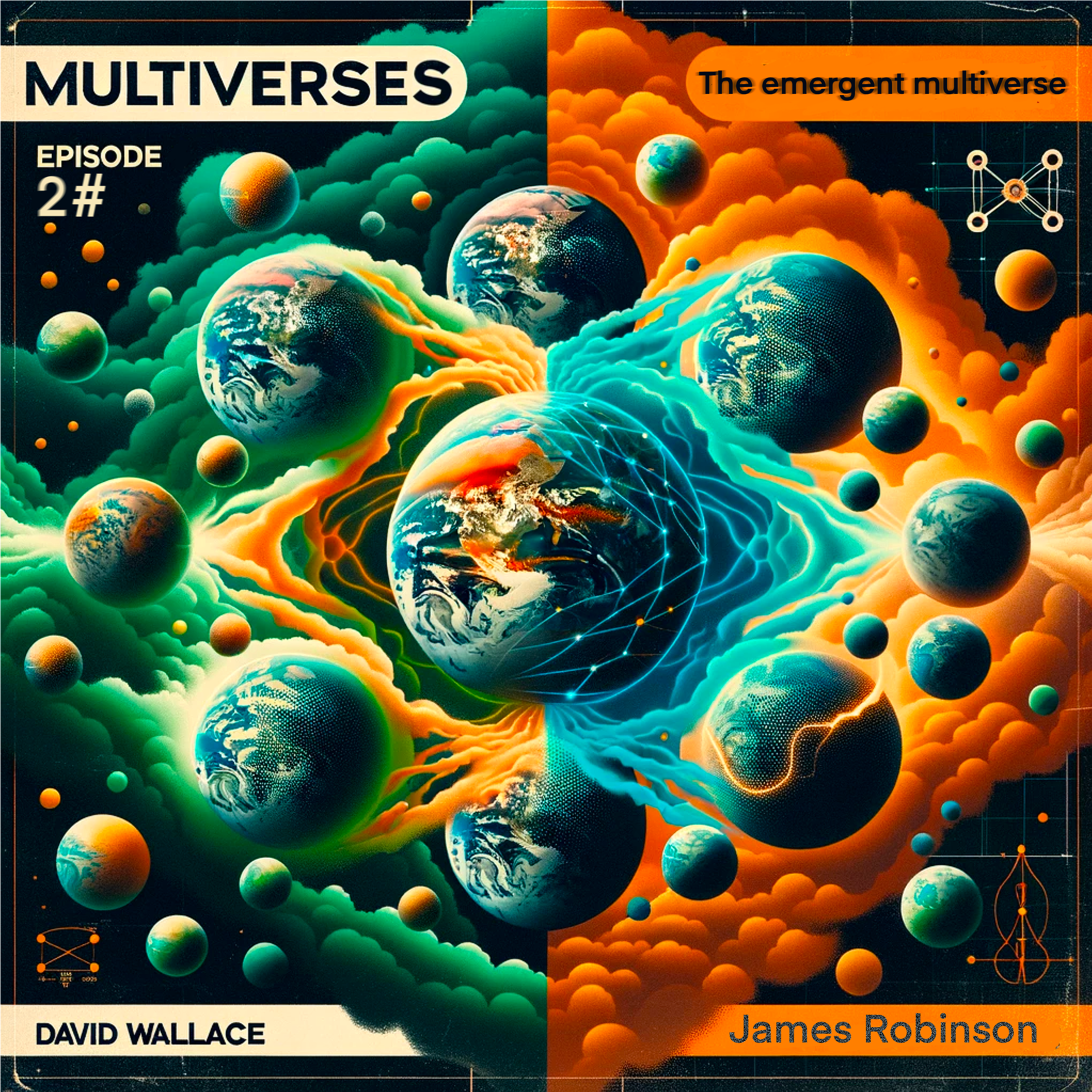 2 | David Wallace — The Emergent Multiverse
2 | David Wallace — The Emergent Multiverse
2023-May-18
87 minutes
|
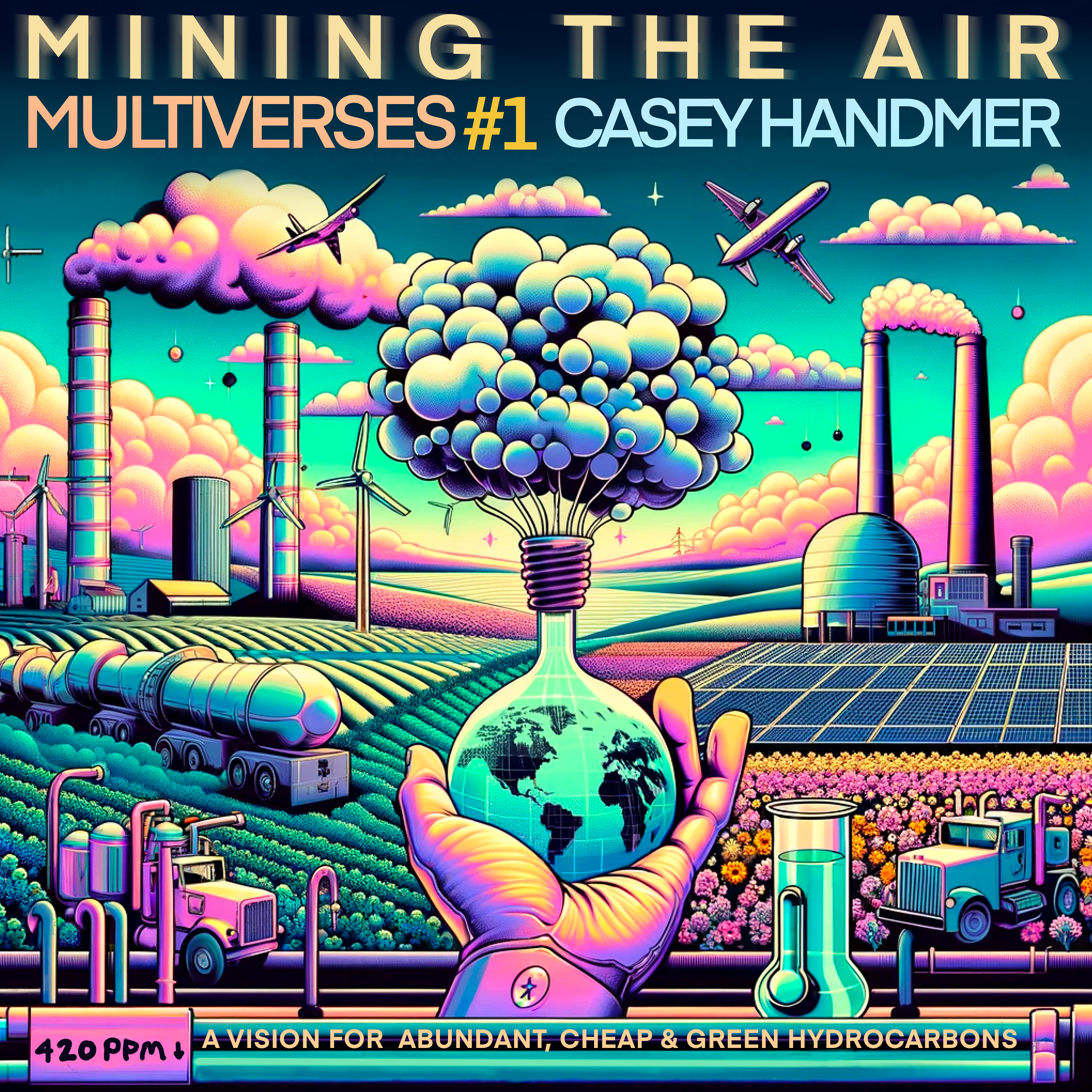 1 | Casey Handmer — Mining the Air
1 | Casey Handmer — Mining the Air
2023-May-11
91 minutes
|
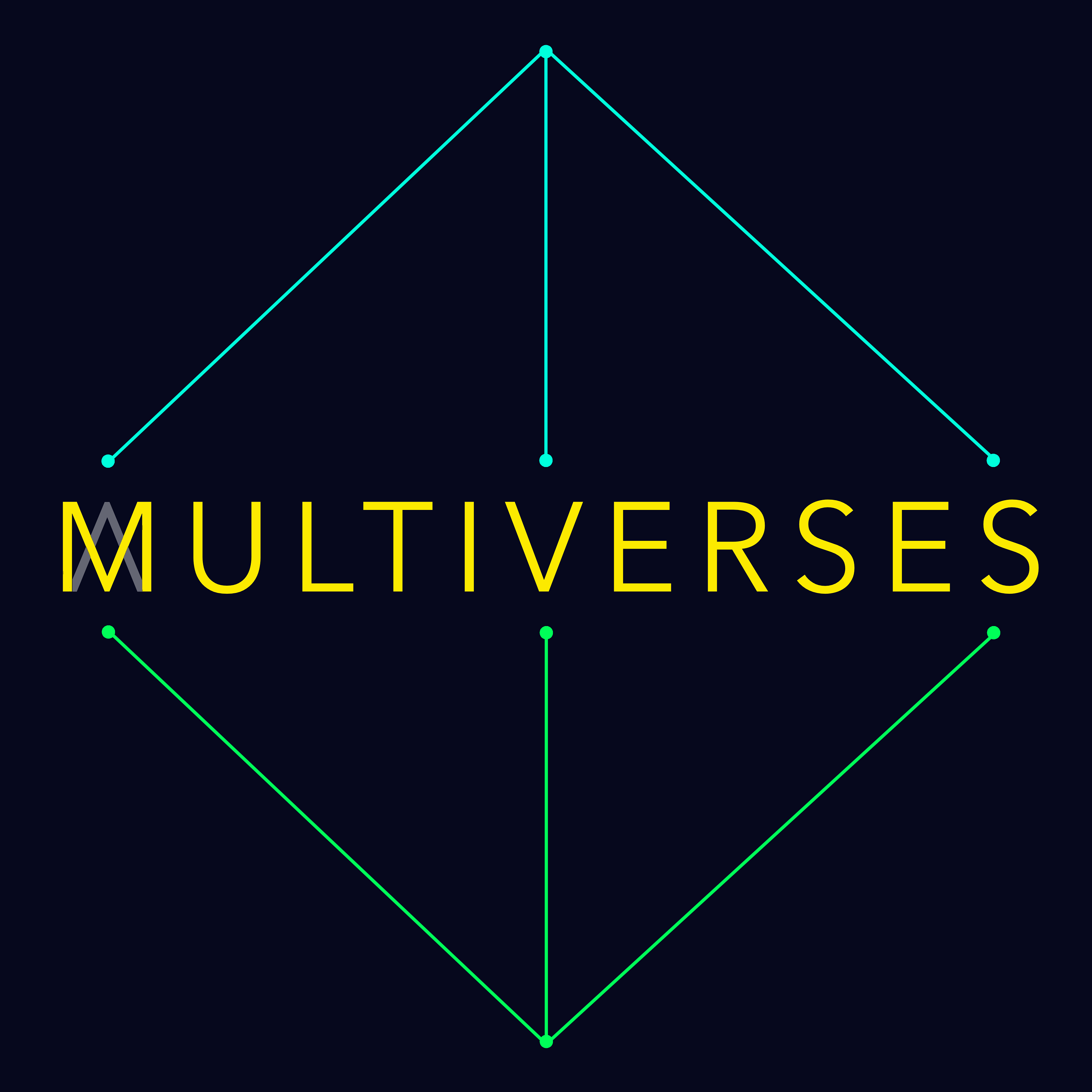 Site • RSS • Apple Podcasts
Site • RSS • Apple Podcasts
 Site • RSS • Apple Podcasts
Site • RSS • Apple Podcasts